
Table of Contents
Dependence on drugs and alcohol remains a struggle for many. As such, there is always the question of how best to treat this condition. There are many ongoing studies focused on addiction treatment.
The many researches in this field should not come as a surprise. Addiction is a worldwide concern. Additionally, it has also been a problem for thousands of years. Hopefully, we will have more innovative treatments soon.
Before we go on further to talk about treatment, let us briefly discuss addiction.
Drug addiction is a condition that causes compulsive or uncontrollable drug seeking and use. These occur even though there are harmful consequences from using the substance. It involves the use of psychoactive substances, including alcohol and illicit drugs. In most cases, short-term treatment is usually not enough. Many individuals require long-term therapy. 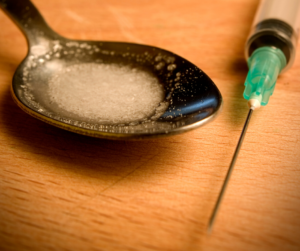
As we know, drug addiction causes changes in the brain. These alterations can lead to some of the harmful behaviors seen in people who use drugs.
How does drug addiction begin?
Addiction to drugs usually starts with voluntarily taking these substances. People chose to begin using drugs for many reasons. In some cases, it is due to curiosity. Peer pressure, self-medication, and stress relief are some other reasons people commonly give. Trauma is another well-known reason.
With time, however, your ability to choose becomes difficult. Your choice is harder as you develop tolerance and dependence on the drug.
Tolerance means you need an increase in the amount of a drug to achieve the same effect. It also infers that the effect decreases with continued use of the same amount of the drug.
Continuous use may lead to dependence. This condition occurs when the body adapts to the presence of a drug. As a result, withdrawal symptoms develop when the drug is decreased or stopped.
At this point, stopping on your own is tough due to the effect of the drug on your body. Addiction affects some vital regions in your brain. Some of the areas control reward, learning, memory, motivation, and behaviors.
I guess the question we should first ask is – “Can drug addiction be treated?”
The answer to this is yes. Addiction is treatable.
 Treatment is, however, not straightforward. As we know, addiction is a complex condition. You should look at treating addiction the same way as treating a chronic disease like diabetes or high blood pressure.
Treatment is, however, not straightforward. As we know, addiction is a complex condition. You should look at treating addiction the same way as treating a chronic disease like diabetes or high blood pressure.
Treatment needs to be continuous; otherwise, the condition can recur. Long-term treatment is essential for drug addiction to ensure you live in recovery. This process of staying clean from drugs is a journey and does not happen overnight. Hence, the need to remain steadfast.
There are three things drug addiction treatment must accomplish to be successful. These are
It is important to note that there is no single treatment for drug addiction. Also, treatment is personalized. Thus, what works for one person may not necessarily work for you. As such, your treatment must be tailored to you. One size fits all is NOT the mantra for addiction treatment.
For addiction treatment to be effective, all the needs of the individual should be considered. Other than drug use, mental health, environment, family issues, and other aspects of a person's life should be reviewed. Click To TweetMedically assisted detoxification (detox) is only the first step of treatment. Counseling and other behavioral therapies are the most commonly used forms of treatment. Medications, however, have a role to play as well.
Treatment for drug addiction can be:
Inpatient treatment for drug addiction offers 24-hour care. This treatment is usually quite intensive and structured. It is generally for individuals with more severe disorders.
The length of stay depends on the type of facility. The most common is the 30-day programs. However, some facilities have treatments as long as 90 days, six months, and even one year.
Outpatient treatment refers to programs where people do not stay overnight. Participants attend daily. Many of these programs involve counseling, which may be individual or group. Additionally, some provide medication management.
There are several available treatment options for people struggling with drug addiction. These include:
In most cases, a combination of the above options is necessary for adequate treatment. Proper addiction treatment requires a comprehensive approach.
Behavioral therapy helps modify your drug use attitude and behaviors. As a result, this helps to increase your healthy life skills. Treatment may be done as an individual or in a group setting. There are different types of behavioral therapies.
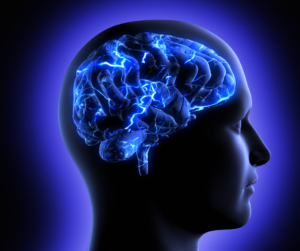
Cognitive-behavioral therapy (CBT) helps you understand the relationship between your thoughts, emotions, and behaviors. Additionally, it teaches you how to deal with your stressors, as well as identify and change your practices. CBT techniques help with negative thinking and cognitive distortions.
Contingency management intervention involves providing incentives in exchange for treatment engagement and abstinence.
Motivational enhancement therapy attempts to initiate a change in behavior. It does this by encouraging people to resolve their doubts about stopping their addiction. Furthermore, it also helps individuals engage in treatment.
Multidimensional family therapy helps adolescents struggling with substance use disorders. It is also beneficial for their families. This therapy addresses the various reasons and influences on teenage drug use. Additionally, it helps to improve the overall functioning of families.
Motivational interviewing makes the most of your readiness to change your behavior. Thus, it helps with getting you to the point where you accept the treatment you need.
Medication-Assisted Treatment (MAT) is an evidence-based treatment approach. It involves the use of medications with counseling and behavioral therapies to treat substance use disorders. The goal of MAT is to provide a “whole-patient” approach to treatment.
Medications can help with managing withdrawals and preventing relapse on drugs and alcohol. The use of medications to help with a safe withdrawal is known as detoxification (detox). This process is, however, not treatment as such. Instead, it is only the first step toward recovery. What this means is that relapse is likely if proper treatment does not follow detox.
In addition to detox, medications can help with preventing relapse. They can help decrease cravings and re-establish normal brain function. Medications do not treat addiction to all substances. They are, however, available to treat addiction to alcohol, opioids, and tobacco.
Three medications have FDA-approval to treat alcohol addiction. These are:
The following medications have FDA-approval to treat opioid dependence:
Tobacco dependence has the following treatments:
Medications are helpful in some addiction treatments. However, a combination of medications with behavioral therapies yields better results. Individual and group therapies go a long way in improving the chances of recovery.
There are not many devices available for addiction treatment. The NSS-2 Bridge is an electronic stimulation device. It was approved by the FDA in 2017 to reduce opioid withdrawal symptoms. The NSS-2 Bridge device is placed behind the ear and sends electrical pulses to the brain. This stimulation helps with opioid withdrawals.
Virtual Reality in addiction treatment comes in the form of helping to fight off cravings and learn coping mechanisms. Also, VR helps with practicing recovery techniques, mindfulness, and experiencing a soothing environment.
Virtual Reality for addiction treatment cannot and does not work alone. The implications and limits of this technology are still under exploration. Thus, VR is seen more as an experimental treatment. So far, though, some studies have shown it may offer more good than harm.
Transcranial Magnetic Stimulation (TMS) does not have the approval to treat addiction to drugs or alcohol. At least, not in the United States.
Does this mean there is no place for TMS in addiction treatment?
No. Indeed, TMS has a place in treating dependence on drugs and alcohol. Many people who struggle with illicit substances also have an underlying mental illness.
Thus, treating mental illness in this population is vital. This situation is where TMS has a role. Depression, anxiety, and OCD are common mental disorders that improve with this therapy.
In 2018, the FDA cleared a mobile medical application (app) for opioid use disorder. The reSET-O app is a prescription cognitive behavioral therapy. It is helpful when combined with other treatments. It helps increase retention in outpatient treatment programs.
Co-occurring disorders refer to an individual having a combination of an addictive and mental health disorder. Mental conditions can contribute to your struggles with addiction. Thus, it is crucial to treat such disorders. 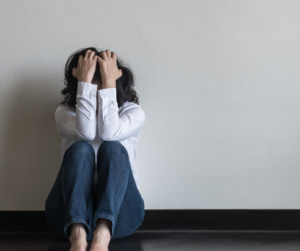
Failure to treat mental health conditions can make recovery difficult. Additionally, it can make you more likely to relapse after treatment. Depression, anxiety, bipolar disorder, OCD, and post-traumatic stress disorder are relatively common disorders.
There are various medications available to treat these conditions. Antidepressants, anti-anxiety, and several other medications are helpful. Also, there are newer treatments, such as Spravato and Transcranial Magnetic Stimulation.
What you do after your addiction treatment is crucial for your recovery. Failure to get proper care and support after treatment can lead to relapse. Hence, the importance of appropriate discharge planning from treatment.
Treatment facilities usually make arrangements for you before your discharge. This aftercare may include step down to a lower level of care, follow up with a psychiatrist, counseling, and attending support groups.
People who follow up with their aftercare program are more likely to remain sober. On the other hand, failure to do so can quickly lead to relapse. Recovery from addiction is a journey and requires continuous effort. It is important to remember this.
Support from family and friends is also essential. A supportive environment can make all the difference between being sober and relapsing. Additionally, there are many support groups available to join. Some can be found on the various social media platforms. For example, Inspiring Addiction Recovery is a free Facebook Tribe that offers support, tips, and resources.
Subscribe to get our latest content by email.
The entire content of AddictionBlueprint, including content on drugs and alcohol, medications, therapies, facilities, spotlights, recommendations, and other features is for informational purposes only. It is not intended to be a substitute for professional medical advice, diagnosis or treatment. This does not constitute a physician-patient relationship. Please seek the advice of your physician or other qualified health providers regarding your addiction, mental and medical issues.

May 2019
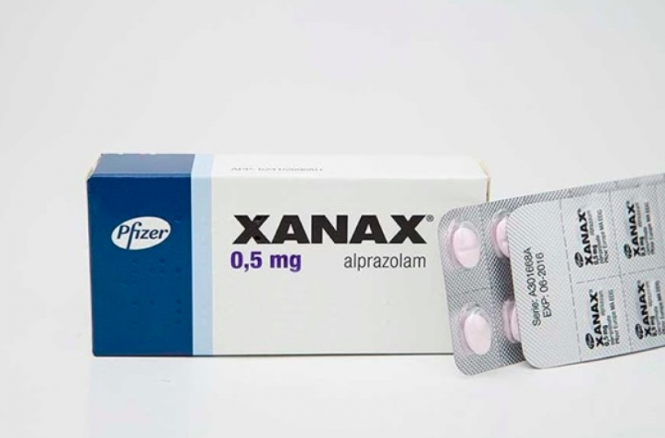
May 2019

Jun 2019
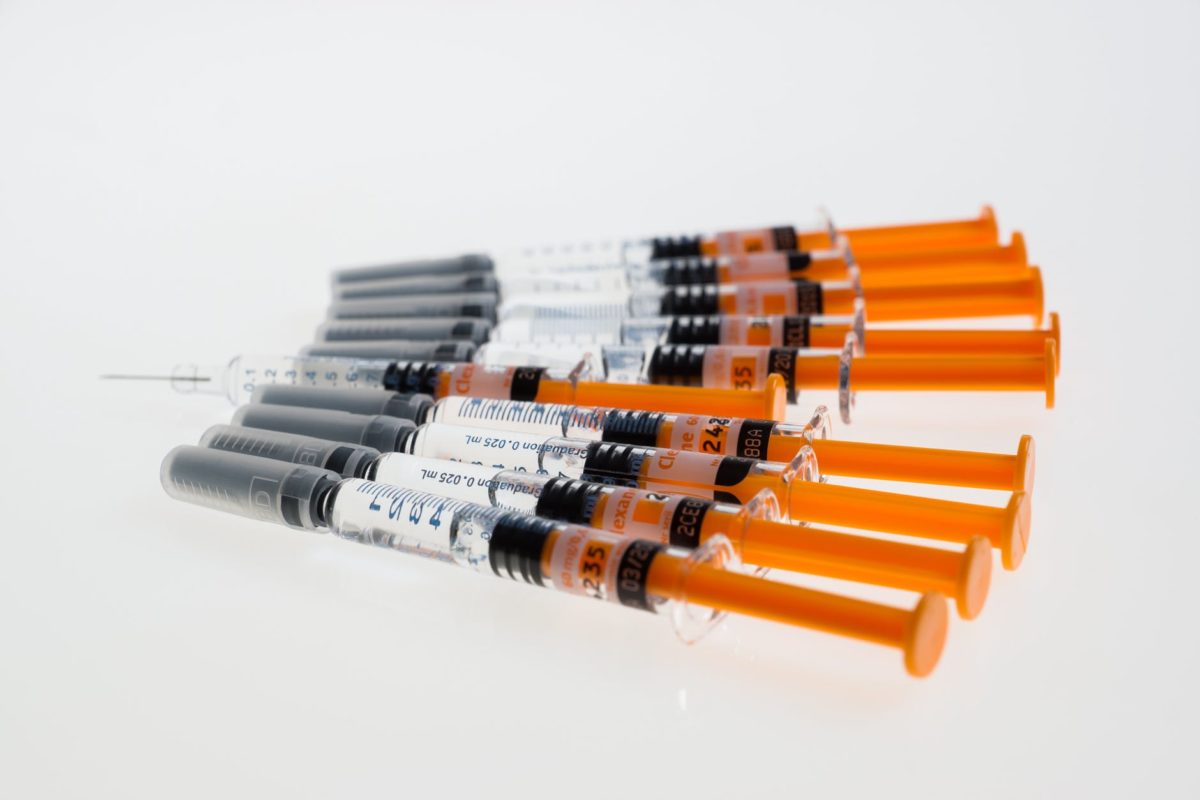
Jun 2019
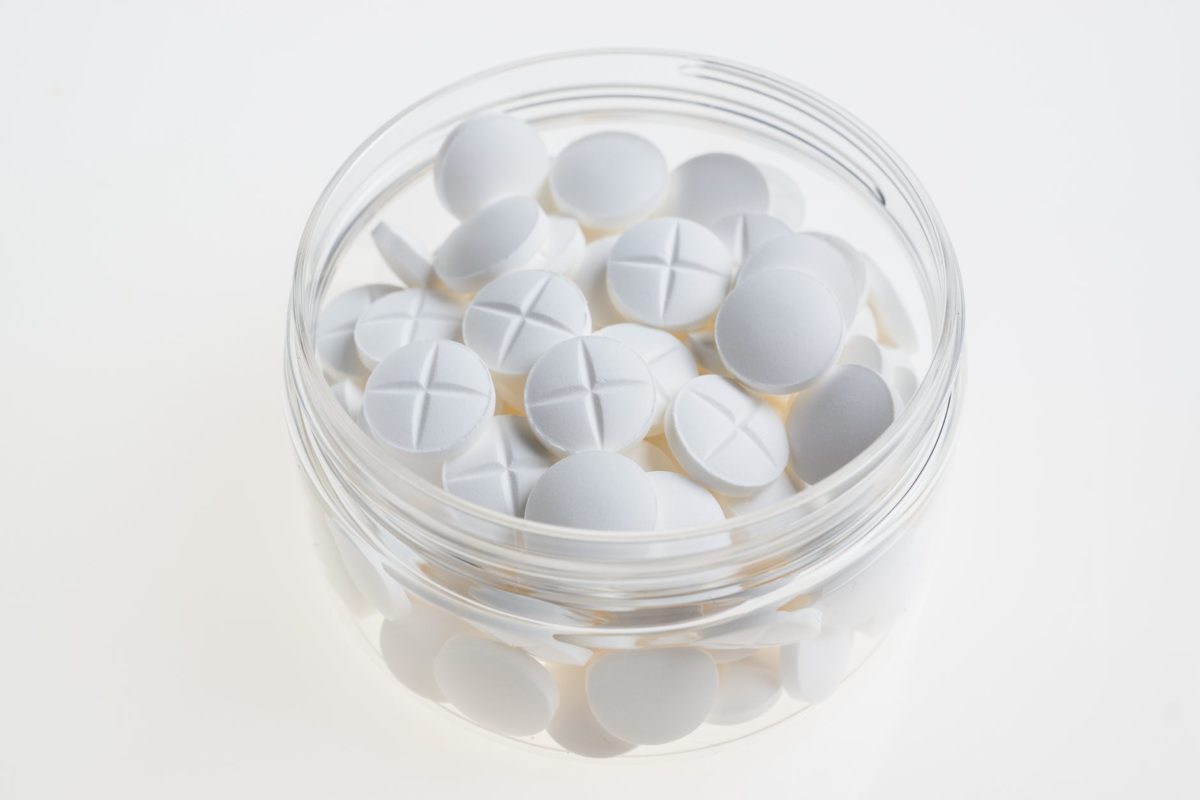
Jun 2019

Jun 2019

Jul 2019

Jul 2019
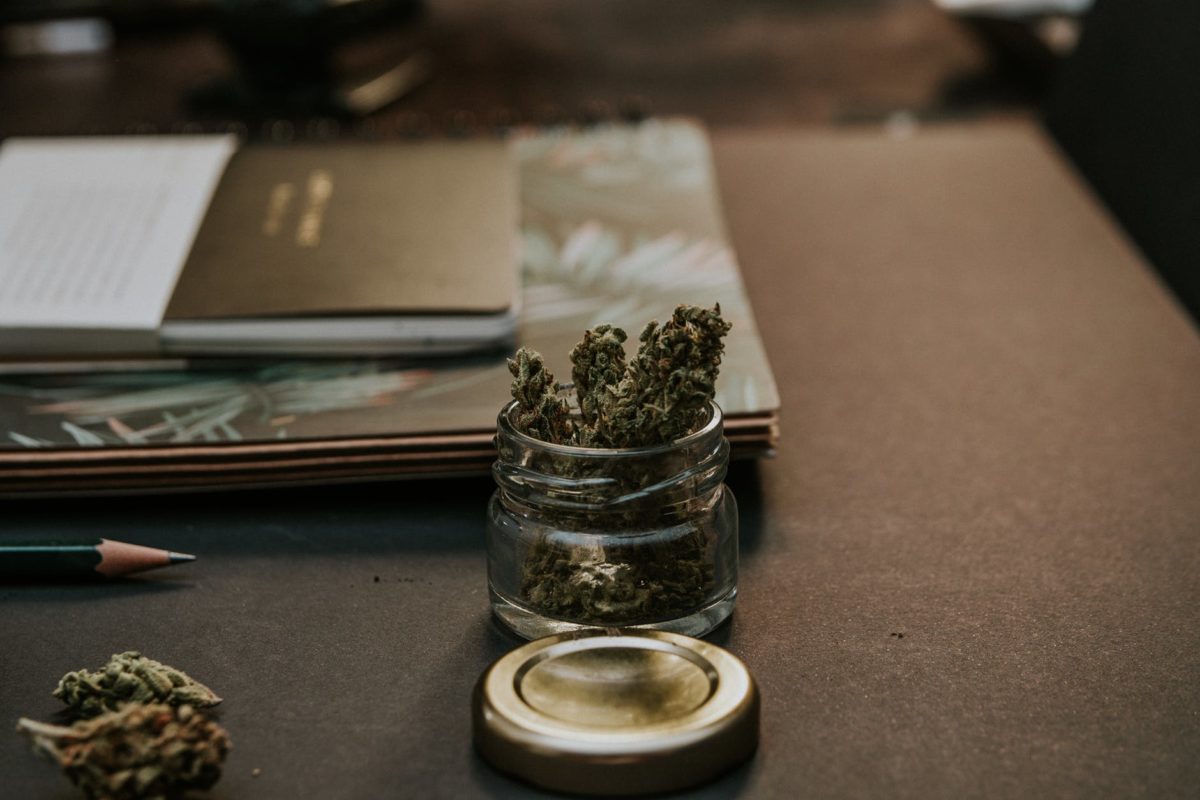
Jul 2019
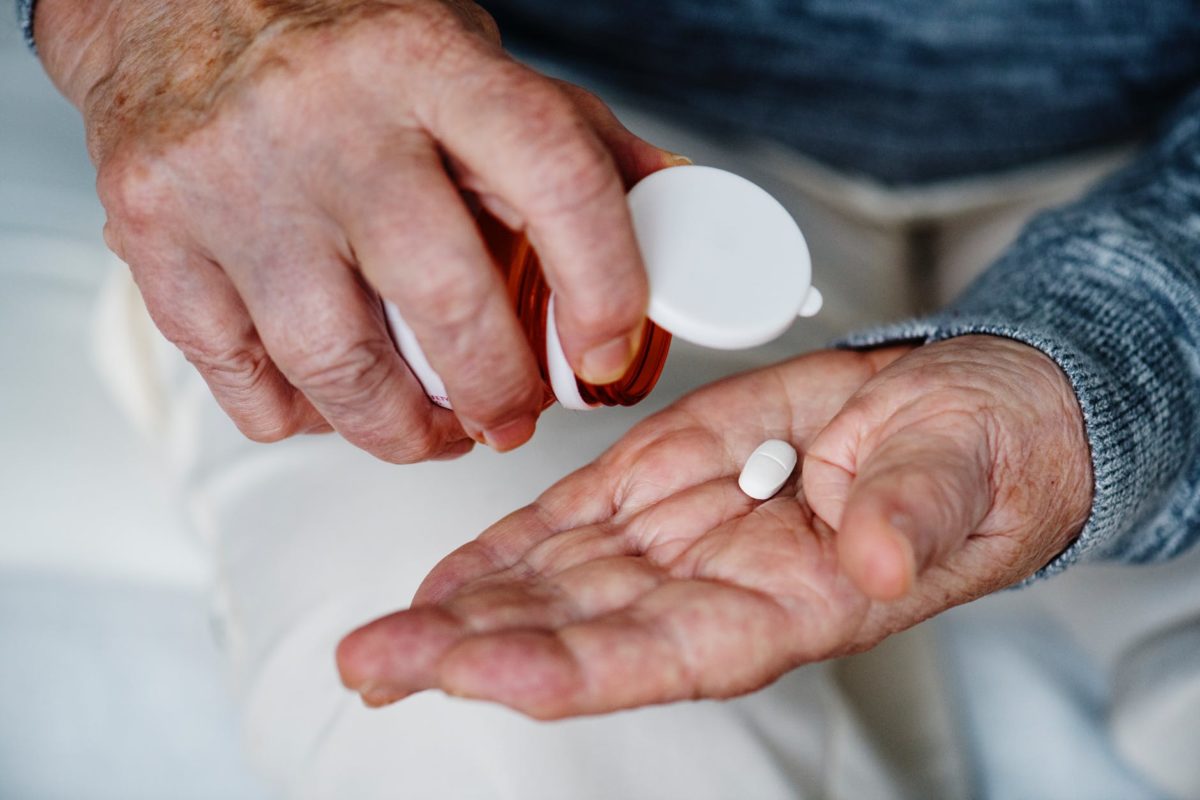
Jul 2019

Aug 2019
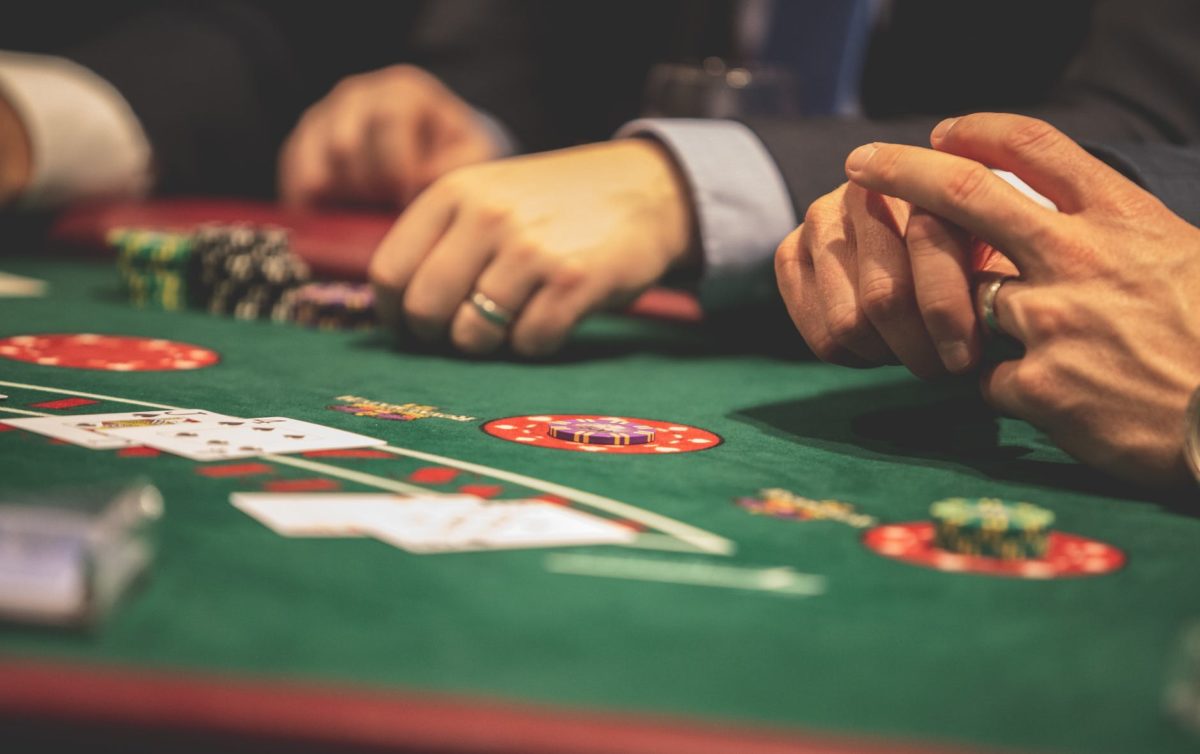
Aug 2019

Aug 2019

Sep 2019

Oct 2019

Oct 2019
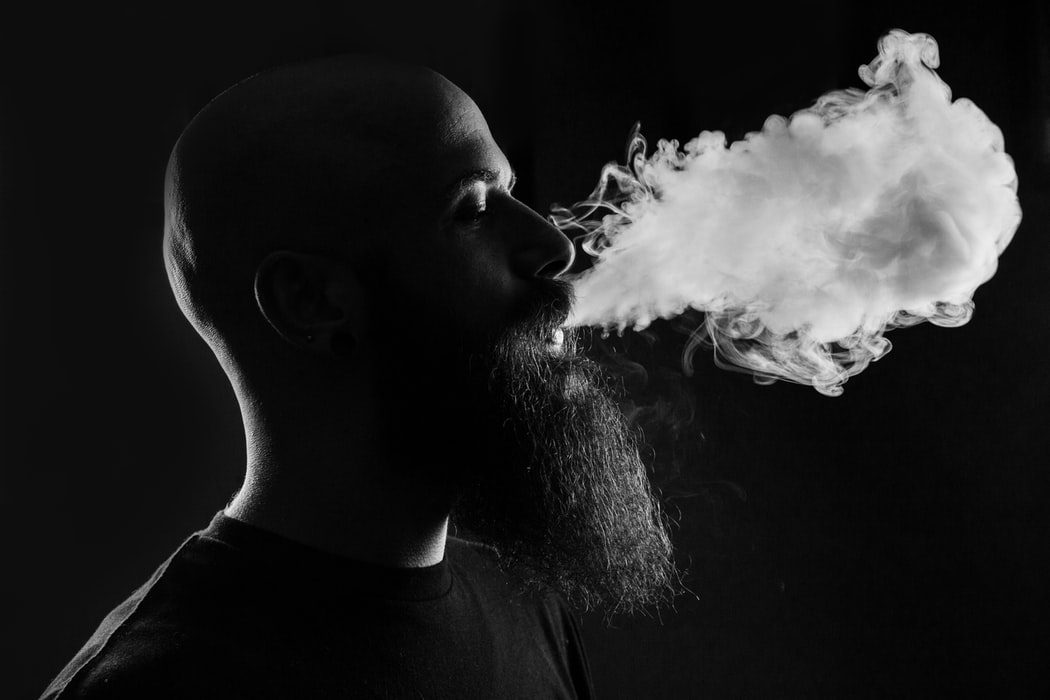
Sep 2019

Sep 2019
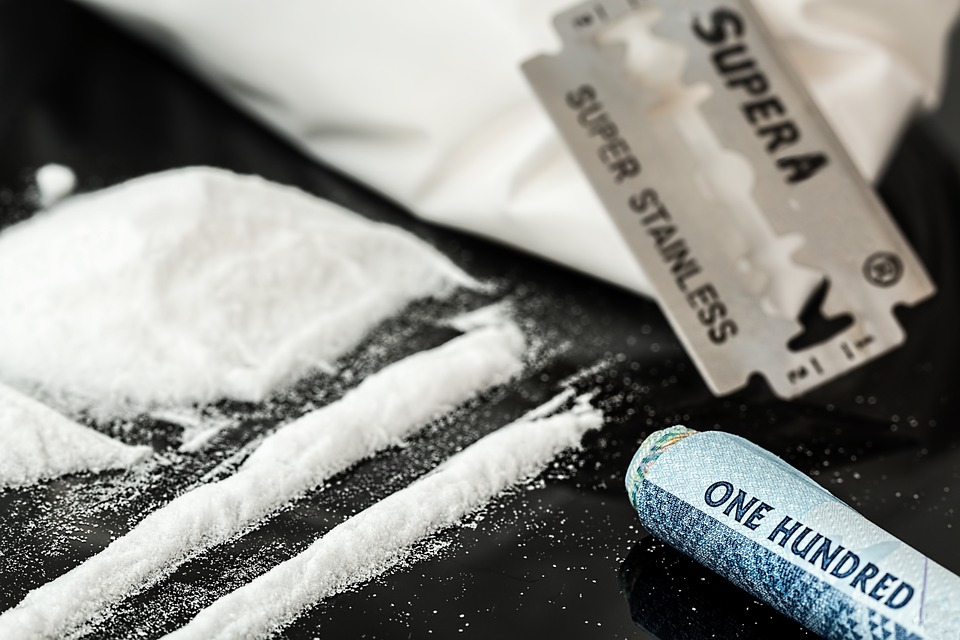
Oct 2019
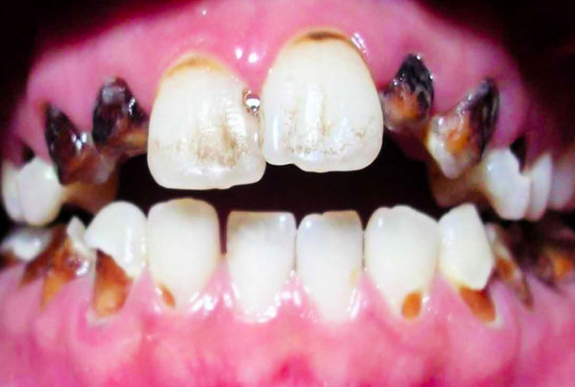
Nov 2019
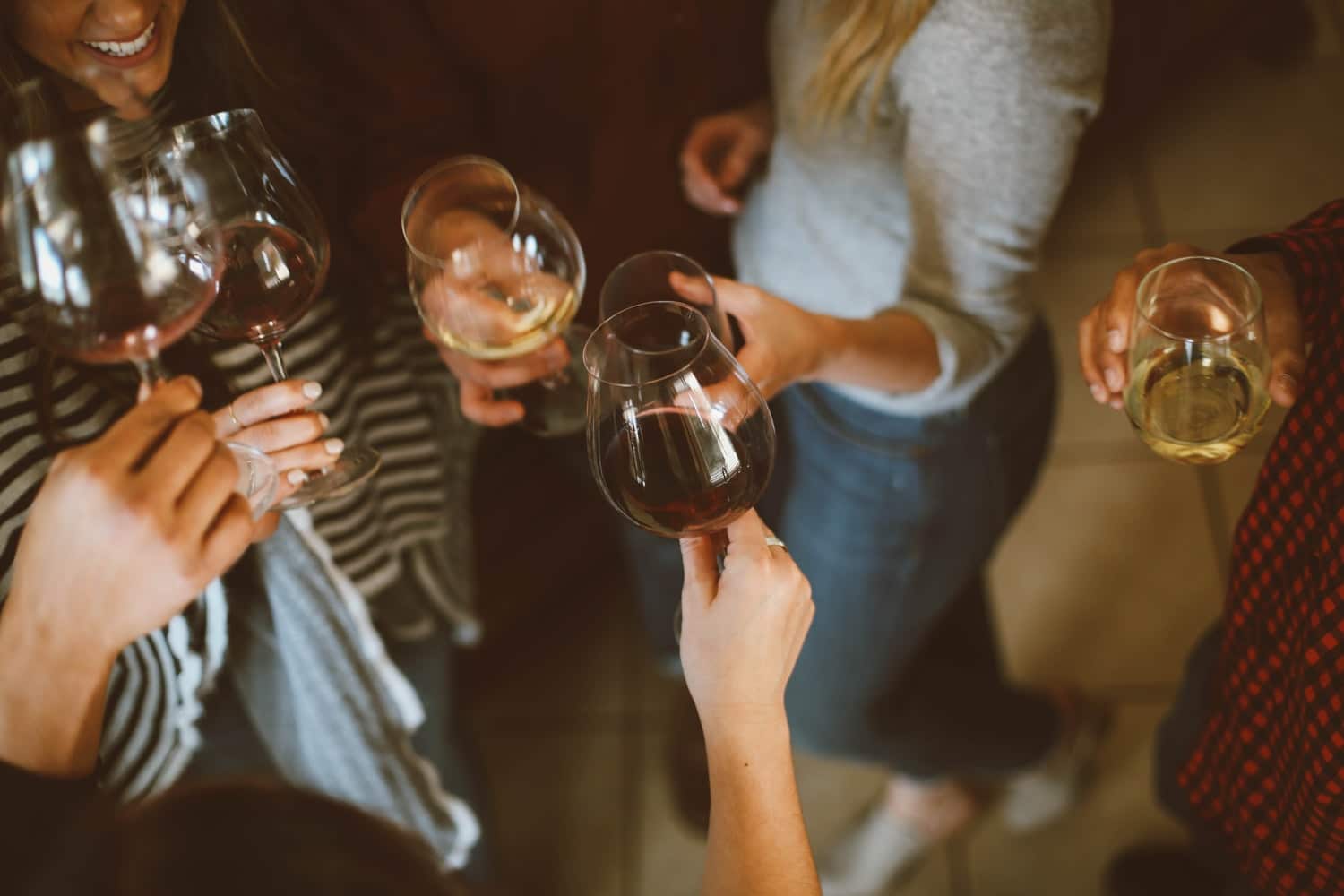
Dec 2019

Nov 2019
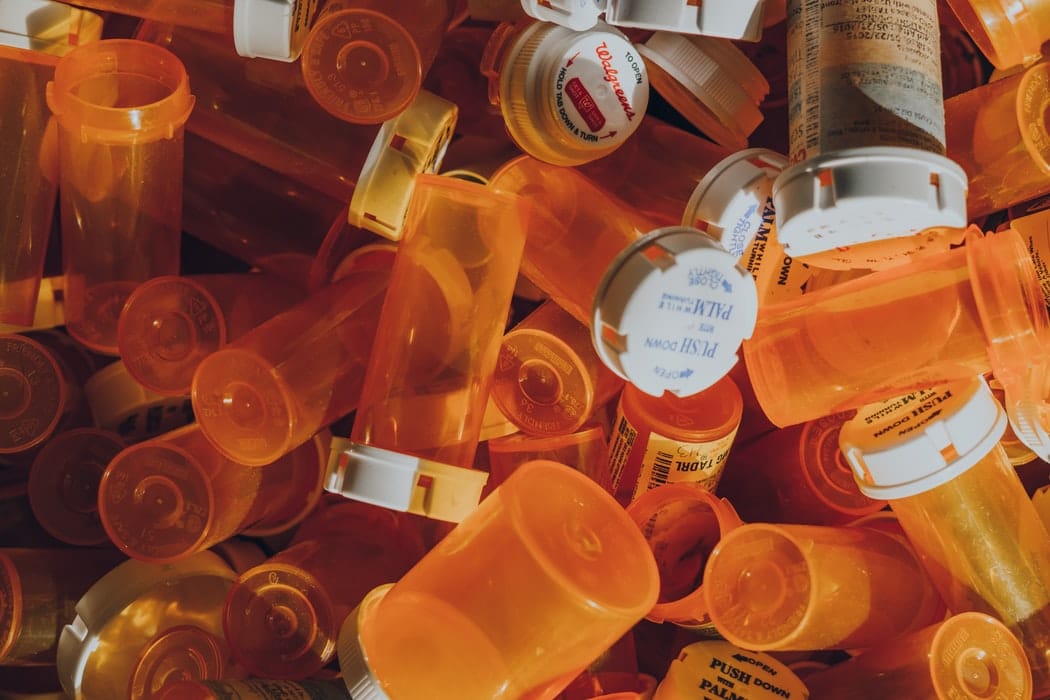
Nov 2019

Jan 2020

Jan 2020
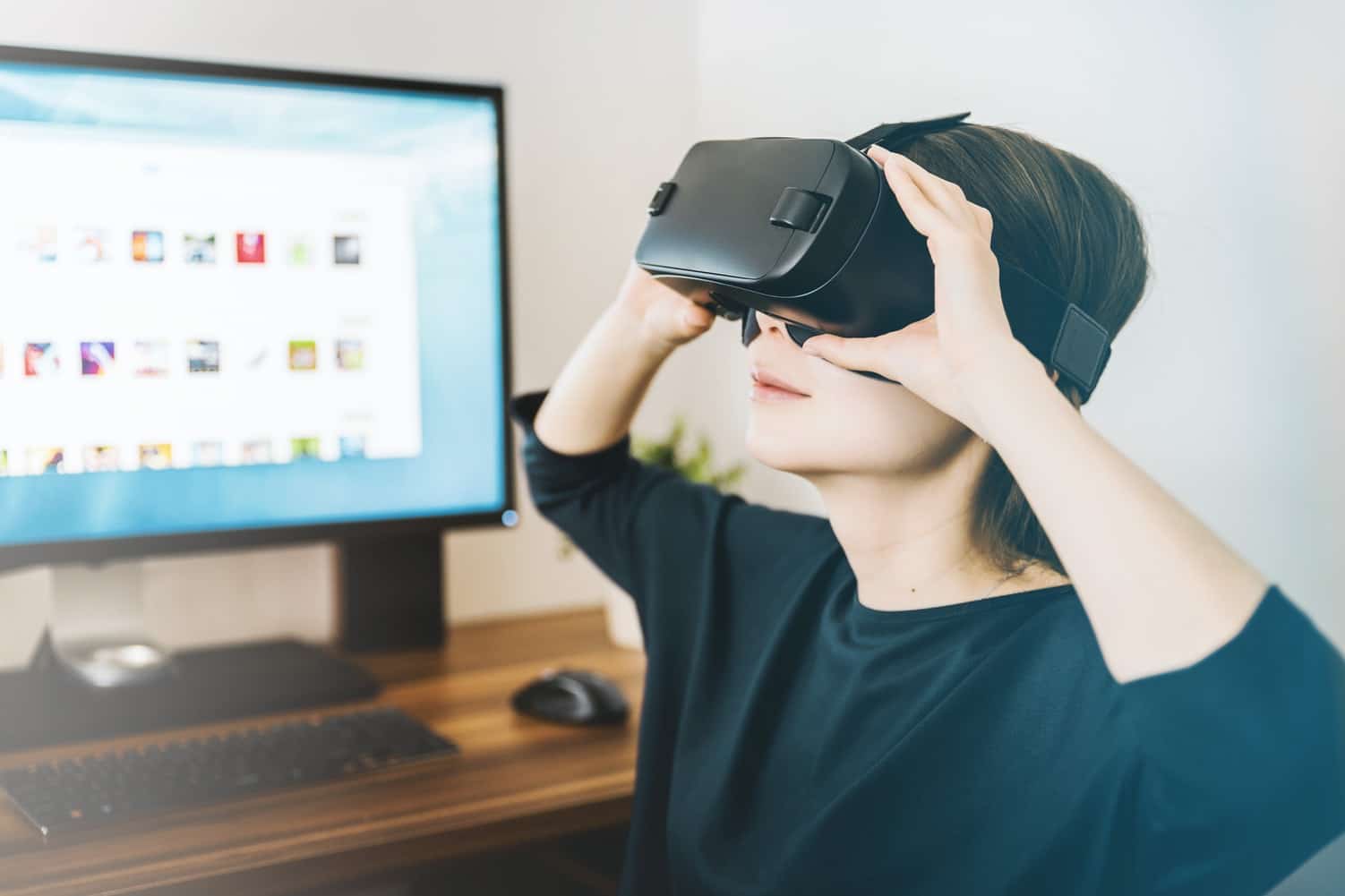
Jan 2020

Jan 2020
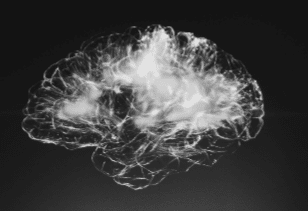
Feb 2020
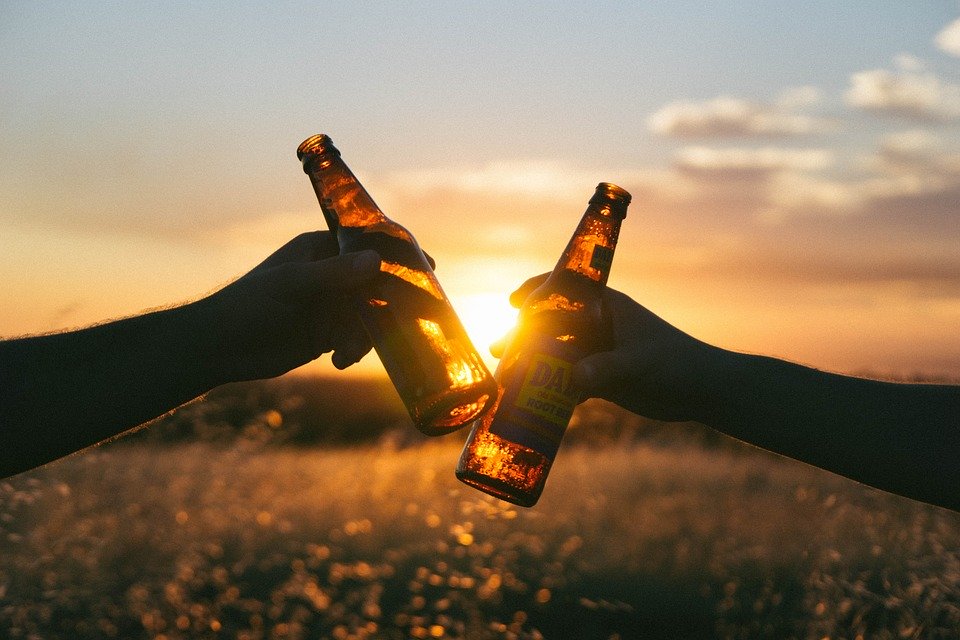
Feb 2020
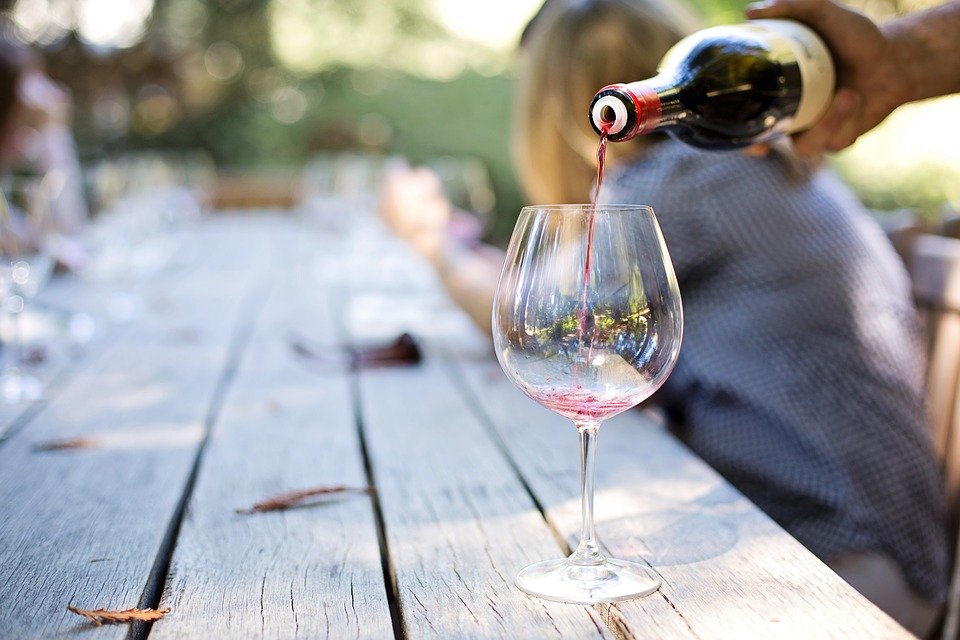
Mar 2020
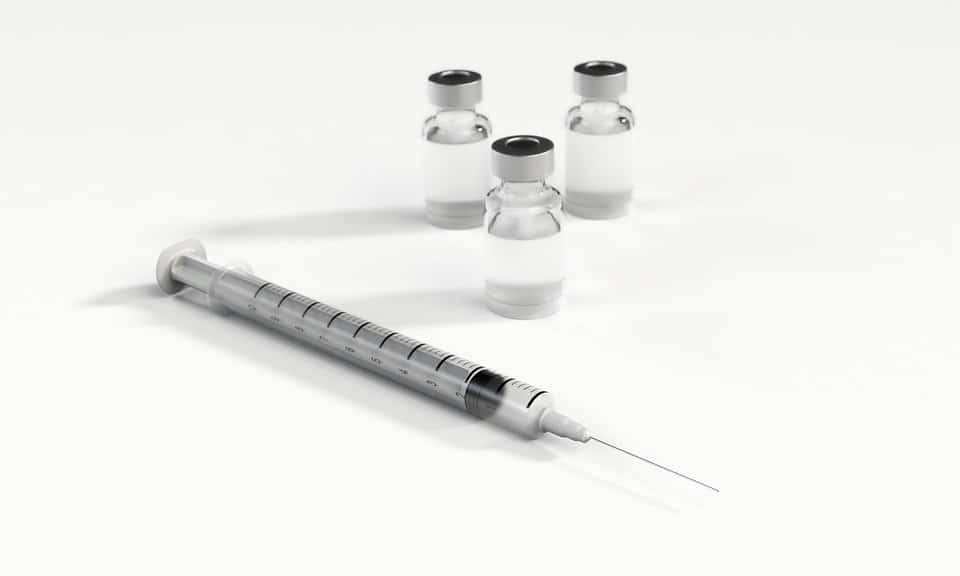
Feb 2020

Mar 2020

Mar 2020
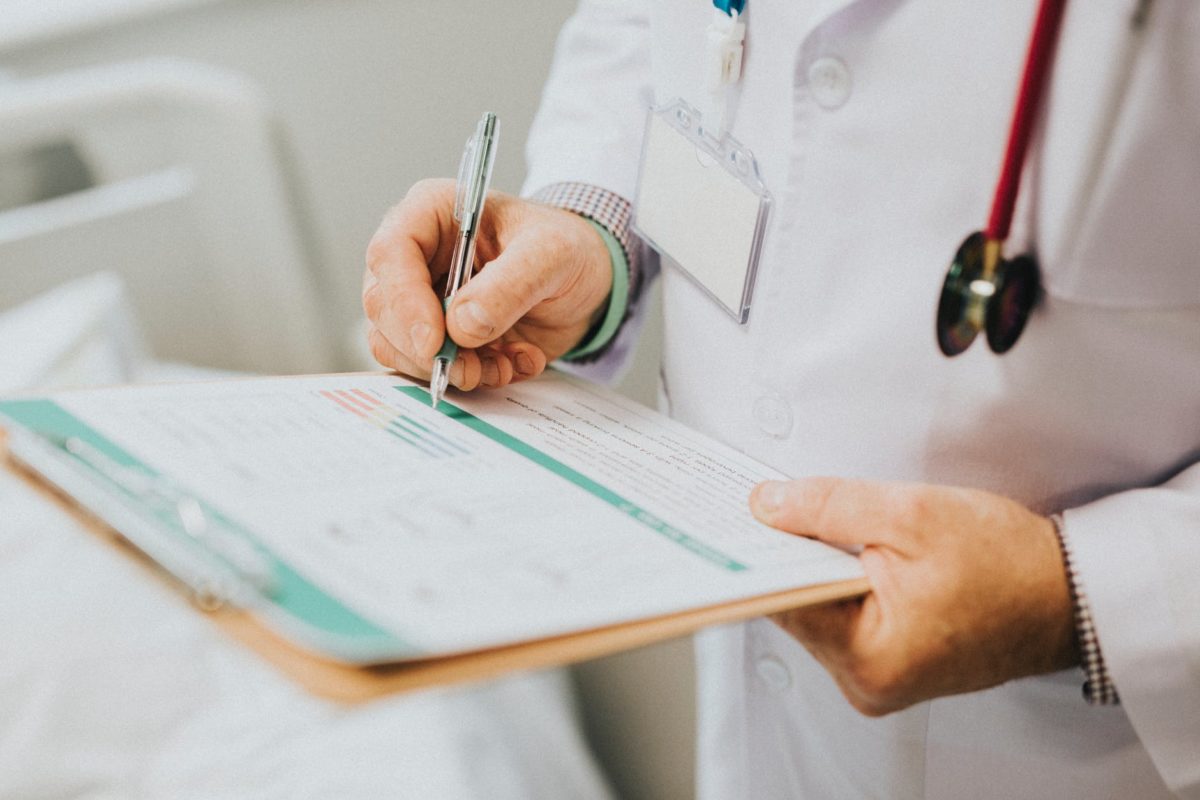
May 2019
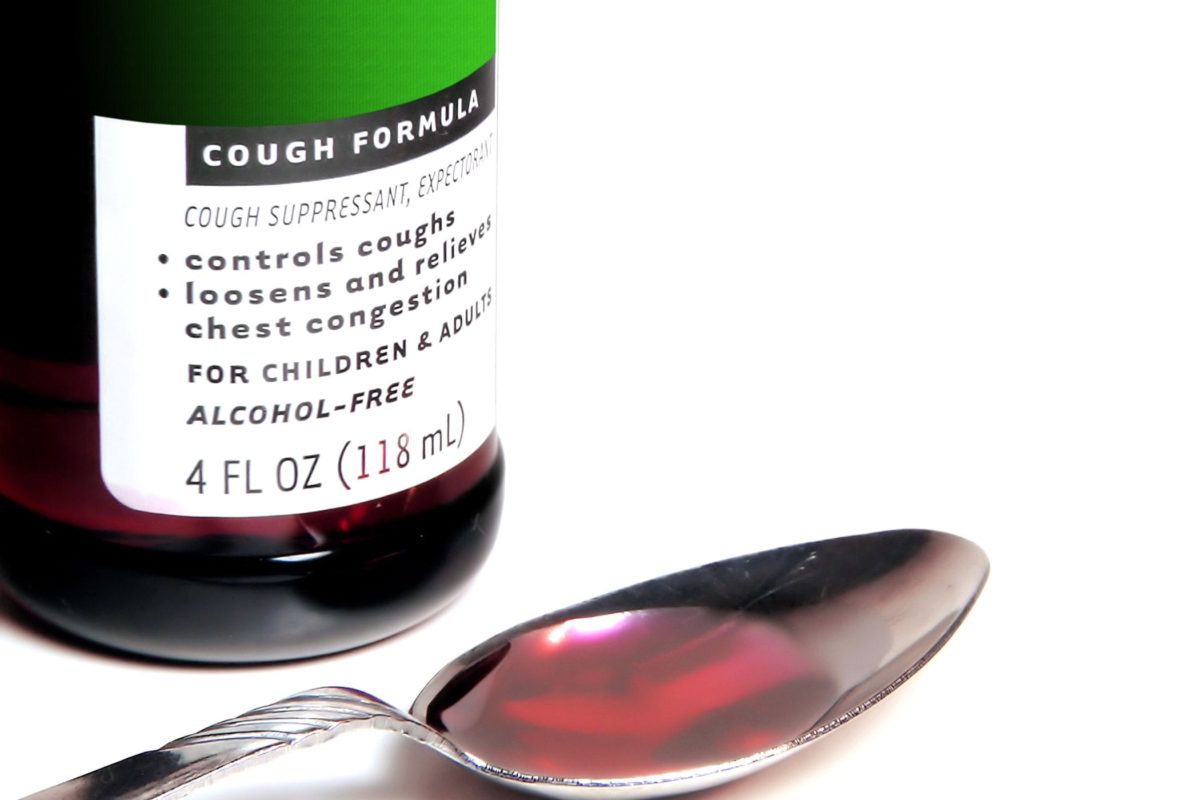
May 2019

Apr 2020
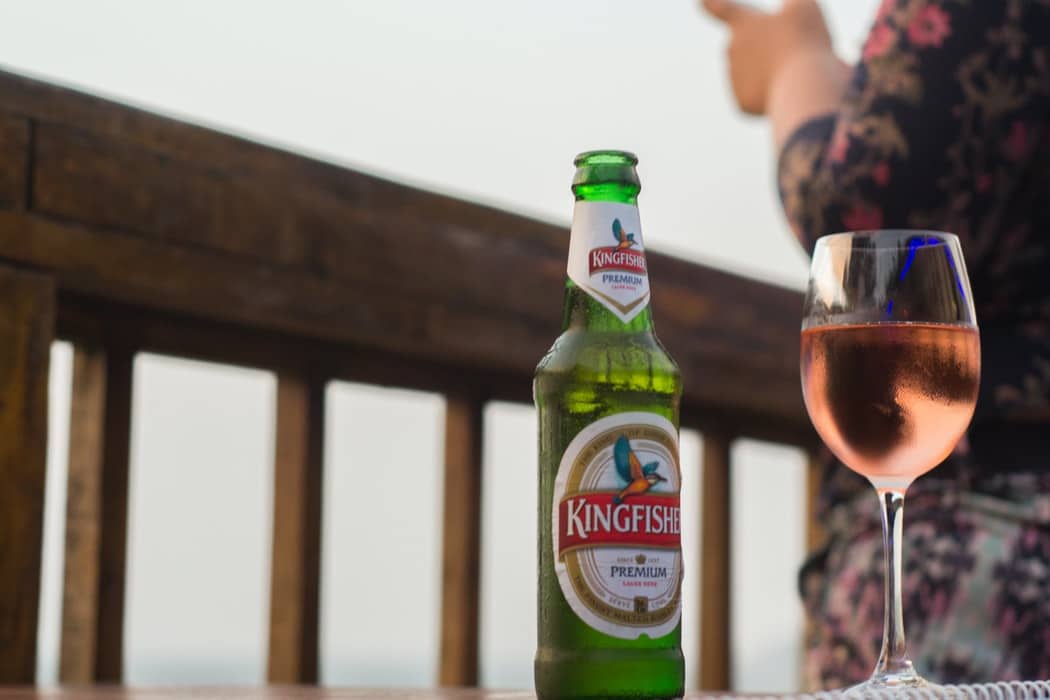
Apr 2020

May 2020
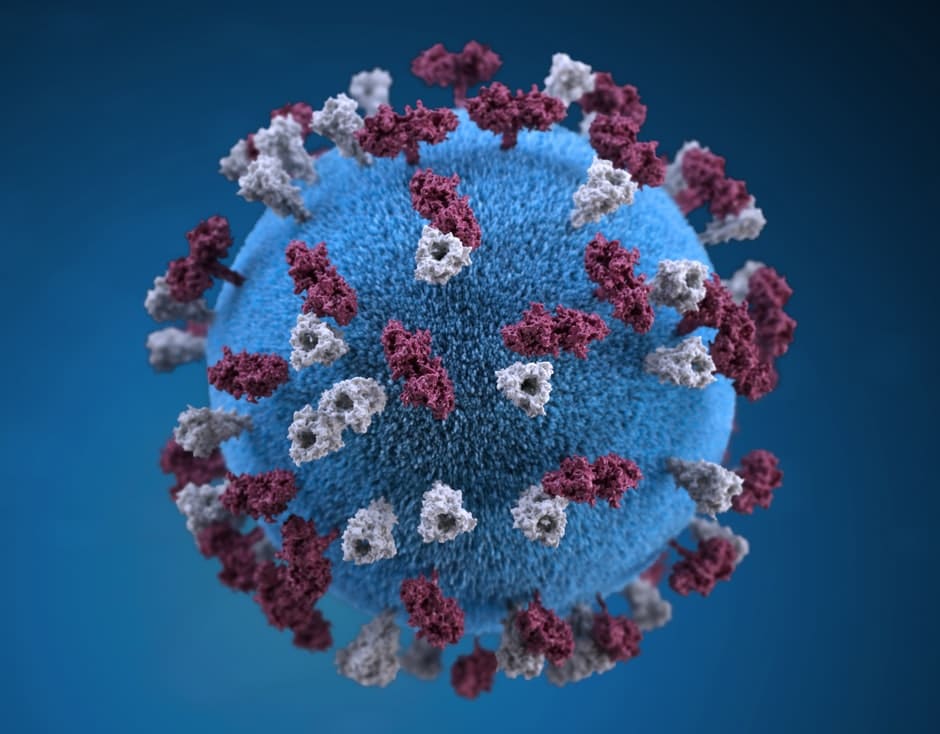
Mar 2020
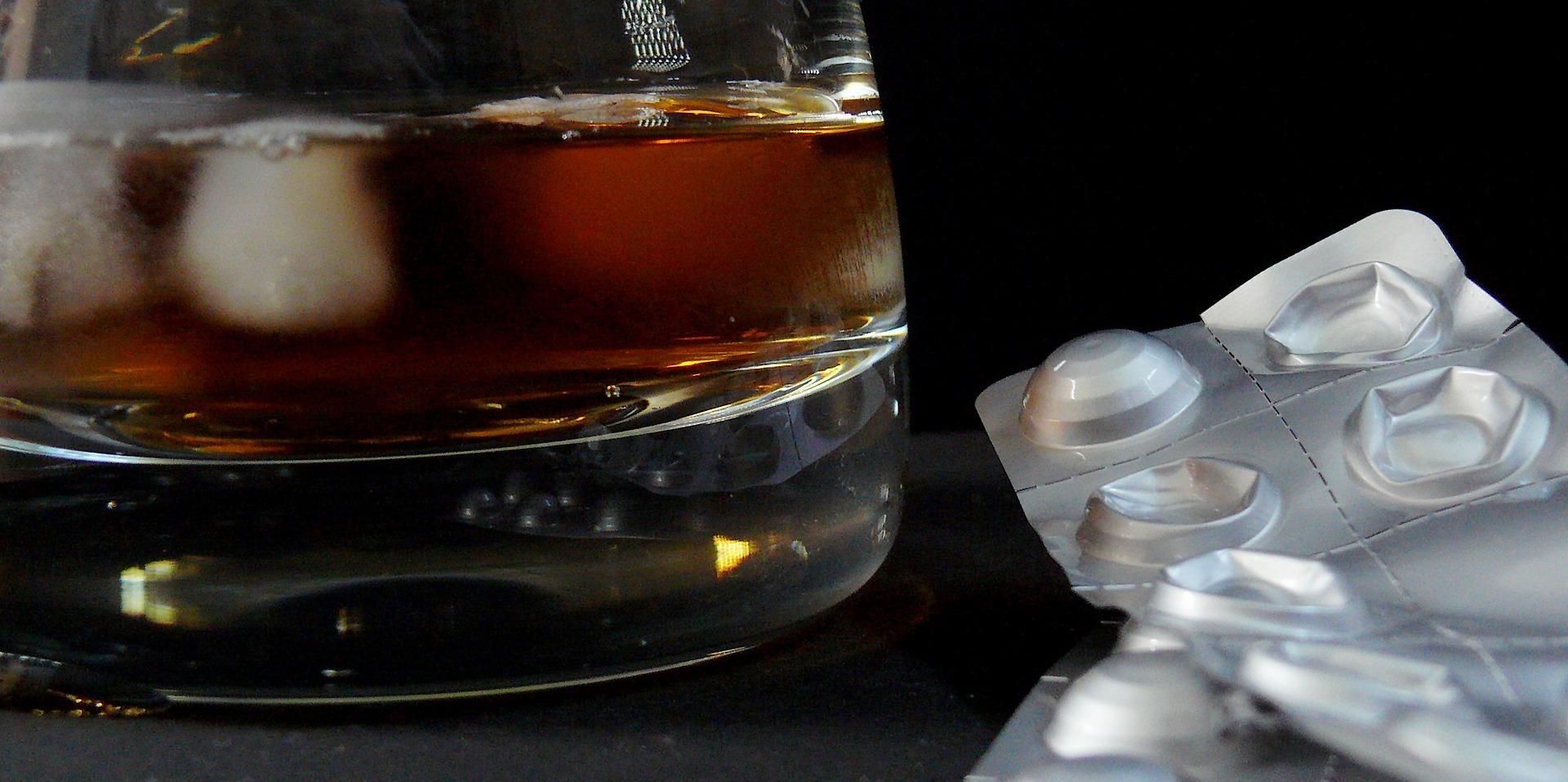
Jun 2020

Jun 2020
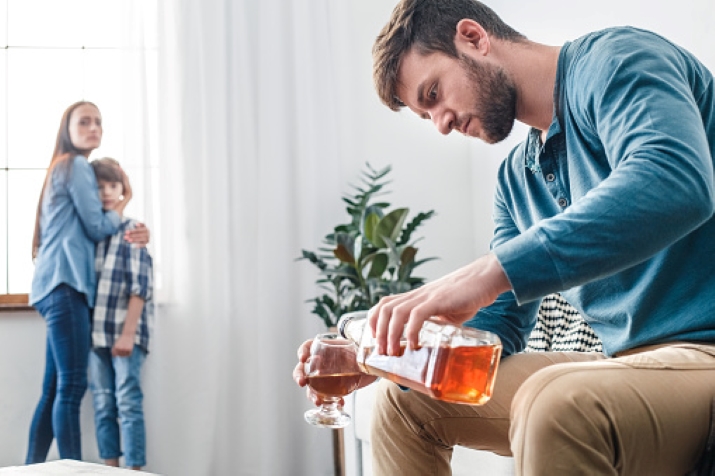
May 2020
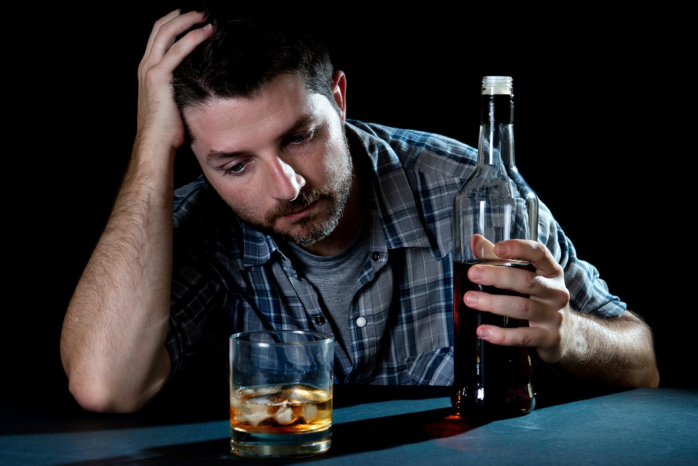
Jun 2020

Jul 2020

Aug 2020
I simply could not go away your website before suggesting that I really loved the usual information a person provide for your guests? Is going to be again frequently in order to check out new posts
Cialis 10 Mg Precio Farmacia Del Ahorro
In it something is and it is excellent idea. It is ready to support you.
Cialis 5 mg prezzo tadalafil 5 mg prezzo tadalafil 5 mg prezzo
I got this website from my pal who shared with me concerning this web page and at the moment this time I am visiting this website and reading very informative posts at this place.
http://go0gle.coom
https://www.aipbg.ru/viewtopic.php?f=66&t=1748
http://astroregyna.2bb.ru/viewtopic.php?id=717#p11280
https://www.goroskop.ru/forum/viewtopic/p496174/#496174
http://footballmir.ru/modules/forum/viewtopic.php?topic_id=1140&post_id=5915&order=0&viewmode=flat&pid=0&forum=31#5915
http://bereg.webtalk.ru/viewtopic.php?id=10971#p31881
This excellent website really has all the information I needed about this subject and didn’t know who to ask.
https://premiumy-dlplomsy24.com/
http://artbeginner.ru/2021/05/20/real-obygral-seltik/
http://nb-forum.ru/interview/experts/subekti-soz-entre-russia
http://www.library.ru/help/guest.php?RubricID=15&PageNum=168&hv=169&lv=160
http://avinpharma.ru/novosti-rynka/7-prichin-predpochest-diplom.html
http://gti-club.ru/forum/member.php?u=23001&tab=visitor_messaging&page=16
For hottest news you have to pay a visit web and on web I found this website as a best web page for newest updates.
https://premiumy-dlplomsy24.com/
http://stokapartment.ru/poleznaya-informatsiya/diplom-o-srednem-obrazovanii-gde-vidaetsya-i-chto-nuzhno-dlya-polucheniya
http://eurosan-spa.ru/otoplenie/pochemu-nuzhen-diplom-specialista-i-chto-nuzhno-dlya-ego-polucheniya.html
http://irsolo.ru/cru-rossijskij-avialajner-nad-sinaem-vzorvala-gruppirovka-ansar-bejt-al-makdis/index.html
http://footballfacts.ru/place/104-buryatmongolskayaassr
http://irsolo.ru/dollar-i-evro-nervno-otreagirovali-na-snizhenie-stavki-cb/index.html
Excellent pieces. Keep writing such kind of information on your site. Im really impressed by it.
Hi there, You have performed an excellent job. I will certainly digg it and in my opinion recommend to my friends. I am sure they’ll be benefited from this site.
http://www.henning-brink.de/url?q=https://didvirtualnumbers.com/tr/
Aviator Spribe играть на телефоне
Добро пожаловать в захватывающий мир авиаторов! Aviator – это увлекательная игра, которая позволит вам окунуться в атмосферу боевых действий на небе. Необычные графика и захватывающий сюжет сделают ваше путешествие по воздуху неповторимым.
Aviator Spribe скачать казино
Enjoyed reading this, very good stuff, thankyou.
A formidable share, I just given this onto a colleague who was doing just a little evaluation on this. And he in reality purchased me breakfast as a result of I found it for him.. smile. So let me reword that: Thnx for the treat! However yeah Thnkx for spending the time to discuss this, I feel strongly about it and love studying more on this topic. If possible, as you change into expertise, would you mind updating your blog with extra details? It is highly helpful for me. Big thumb up for this weblog post!
Superb, what a webpage it is! This weblog gives valuable data to us, keep it up.
Rybelsus
WOW just what I was looking for. Came here by searching for %keyword%
writing service
Aviator Spribe играть с бонусом
Добро пожаловать в захватывающий мир авиаторов! Aviator – это увлекательная игра, которая позволит вам окунуться в атмосферу боевых действий на небе. Необычные графика и захватывающий сюжет сделают ваше путешествие по воздуху неповторимым.
Aviator Spribe играть на турнире
I do not even know how I ended up here, but I thought this post was great. I do not know who you are but certainly you are going to a famous blogger if you aren’t already 😉 Cheers!
I genuinely enjoy examining on this website , it has good posts.
Today, I went to the beach front with my children. I found a sea shell and gave it to my 4 year old daughter and said “You can hear the ocean if you put this to your ear.” She placed the shell to her ear and screamed. There was a hermit crab inside and it pinched her ear. She never wants to go back! LoL I know this is completely off topic but I had to tell someone!
Российская компания предлагает разборные гантели https://gantel-razbornaya.ru – у нас найдете внушительный каталог предложений. Качественные утяжелители дают продуктивно выполнять силовые занятия в любом месте. Спортивные снаряды отличаются надежностью, безопасностью в использовании. Предприятие продуктивно реализует и внедряет свежие идеи, чтобы осуществить тренировочные мечты постоянных тренирующихся. В выпуске качественного инвентаря всегда применяются инновационные марки чугуна. Достойный набор моделей позволяет купить наборные отягощения для эффективной программы тренировок. Для домашних занятий – это лучший набор с маленькими габаритами и значительной фунциональности.
Производимые производственно-торговой организацией тренажеры для кинезитерапии https://trenazhery-dlya-kineziterapii.ru и специально созданы для восстановления после травм. Устройства имеют выгодное соотношение стоимости и функциональности.
Предлагаем очень недорого аналог МТБ 2 с усиленной конструкцией. В ассортименте для кинезитерапии всегда в реализации модели грузоблочного и нагружаемого типа.
Выпускаемые тренажеры для реабилитации обеспечивают мягкую и безопасную тренировку, что особенно важно для пациентов в процессе восстановления.
Станки обладают изменяемым сопротивлением и уровнями нагрузки, что дает возможность индивидуализировать тренировки в соответствии с задачами каждого пациента.
Все устройства актуальны для ЛФК по рекомендациям профессора Бубновского. Оснащены поручнями для удобного осуществления тяговых движений в наклоне или стоя.
Marvelous, what a webpage it is! This website provides useful information to us, keep it up.
https://www.newnwell.com/bbs/board.php?bo_table=free&wr_id=691976
http://ysbambada.storycom.co.kr/bbs/board.php?bo_table=free&wr_id=35620
https://ilottou.com/bbs/board.php?bo_table=free&wr_id=89990
http://ilban.garvigee.co.kr/bbs/board.php?bo_table=free&wr_id=84890
http://youngin.pe.kr/bbs/board.php?bo_table=free&wr_id=212168
It’s a game. Five dollars is free. Try it It’s not an easy game
->-> 카지노사이트.COM
Thank you for the good writeup. It in reality was once a leisure account it. Glance complex to more brought agreeable from you! However, how can we communicate?
аренда номера
I needed to write you this tiny note just to give thanks once again for the nice suggestions you have contributed above. It’s really open-handed with people like you to grant without restraint all that a few people might have sold as an e book to help make some money for themselves, principally given that you could have done it in the event you desired. The good tips as well acted to become a fantastic way to comprehend other people online have the same dream like my personal own to know significantly more with reference to this problem. I believe there are millions of more pleasant situations up front for those who read through your site.
Good post. I learn something new and challenging on sites I stumbleupon everyday. It’s always exciting to read content from other writers and use something from their web sites.
https://anyprint.kr/bbs/board.php?bo_table=free&wr_id=58394
Hi there it’s me, I am also visiting this web page on a regular basis, this website is truly fastidious and the users are actually sharing good thoughts.
Gama casino
демонтаж москва
https://demontagmoskva.ru/
An impressive share! I’ve just forwarded this onto a friend who was conducting a little research on this. And he in fact ordered me dinner because I found it for him… lol. So let me reword this…. Thank YOU for the meal!! But yeah, thanx for spending some time to talk about this issue here on your internet site.
Gama casino
Today, I went to the beachfront with my kids. I found a sea shell and gave it to my 4 year old daughter and said “You can hear the ocean if you put this to your ear.” She placed the shell to her ear and screamed. There was a hermit crab inside and it pinched her ear. She never wants to go back! LoL I know this is entirely off topic but I had to tell someone!
http://www.withsdoctors.com/g5/bbs/board.php?bo_table=free&wr_id=7666
Привет, дорогой читатель!
Было ли у вас опыт написания дипломной работы в крайне сжатые сроки? Это действительно требует огромной ответственности и трудоемкости, однако важно сохранять упорство и продолжать активно участвовать в учебном процессе, как я это делаю.
Для тех, кто умеет эффективно искать и анализировать информацию в интернете, это действительно помогает в процессе согласования и написания дипломной работы. Больше не нужно тратить время на посещение библиотек или организацию встреч с научным руководителем. Здесь, на этом ресурсе, предоставлены надежные данные для заказа и написания дипломных и курсовых работ с гарантией качества и доставкой по всей России. Можете ознакомиться с предложениями по ссылке https://rudik-diploms365.com, это проверенный источник!
https://gruppa365-diploms-srednee.com/
купить диплом института
купить диплом университета
купить диплом о высшем образовании
купить диплом о среднем специальном
купить диплом магистра
Желаю любому прекрасных отметок!
It’s a game. Five dollars is free. Try it It’s not an easy game
->-> 카지노사이트 .COM
What Is Sugar Defender? Sugar Defender is a natural blood sugar support formula created by Tom Green. It is based on scientific breakthroughs and clinical studies.
Отечественный изготовитель предлагает тренировочные диски на ресурсе https://diski-dlya-shtang.ru/ для напряженной эксплуатации в коммерческих тренировочных клубах и в домашних условиях. Российский завод производит тренировочные диски разного посадочного диаметра и любого востребованного веса для разборных штанг и гантелей. Рекомендуем к заказу обрезиненные тренировочные диски для силовых занятий. Они не выскальзывают, не гремят и более безопасны. Производимые изделия не нуждаются в постоянном обслуживании и рассчитаны на длительную эксплуатацию в дома, в квартире. Реализуем внушительный ассортимент любительских блинов с разным типом покрытия. Оформите отягощения с оптимальной массой и посадочным диаметром по низким ценам напрямую у компании-производителя.
Отечественный производитель предлагает блины в интернет-магазине https://diski-dlya-shtang.ru/ для круглосуточной эксплуатации в коммерческих тренировочных залах и в домашних условиях. Российский завод создает тренировочные блины разного посадочного диаметра и любого востребованного веса для разборных гантелей. Советуем к приобретению обрезиненные блины для силовых тренировок. Они не выскальзывают, не шумят и более безопасны. Выпускаемые изделия не нуждаются в постоянном обслуживании и ориентированы на длительную эксплуатацию в дома, в квартире. Предлагаем обширный каталог тренировочных дисков с любым типом покрытия. Купите отягощения с необходимой массой и посадочным диаметром по низким ценам напрямую у российского завода.
В нашем мире, где диплом – это начало удачной карьеры в любой сфере, многие стараются найти максимально быстрый путь получения образования. Необходимость наличия документа об образовании сложно переоценить. Ведь диплом открывает двери перед каждым человеком, желающим вступить в профессиональное сообщество или учиться в высшем учебном заведении.
Наша компания предлагает максимально быстро получить этот важный документ. Вы сможете приобрести диплом старого или нового образца, и это является выгодным решением для человека, который не смог закончить обучение или утратил документ. Все дипломы выпускаются с особой тщательностью, вниманием к мельчайшим элементам. В итоге вы получите 100% оригинальный документ.
Преимущества этого подхода заключаются не только в том, что вы сможете оперативно получить диплом. Весь процесс организовывается комфортно и легко, с нашей поддержкой. Начиная от выбора требуемого образца документа до точного заполнения персональных данных и доставки по России — все под абсолютным контролем квалифицированных мастеров.
Таким образом, для всех, кто хочет найти быстрый способ получения требуемого документа, наша компания готова предложить отличное решение. Приобрести диплом – это значит избежать продолжительного процесса обучения и сразу переходить к своим целям: к поступлению в ВУЗ или к началу успешной карьеры.
[Link deleted]
[Link deleted]
[Link deleted]
[Link deleted]
[Link deleted]
В современном мире, где диплом становится началом успешной карьеры в любой области, многие ищут максимально быстрый и простой путь получения качественного образования. Наличие официального документа трудно переоценить. Ведь диплом открывает двери перед людьми, стремящимися вступить в сообщество профессионалов или учиться в университете.
В данном контексте наша компания предлагает оперативно получить этот важный документ. Вы имеете возможность заказать диплом старого или нового образца, и это будет удачным решением для человека, который не смог завершить образование или потерял документ. Каждый диплом изготавливается аккуратно, с максимальным вниманием к мельчайшим элементам. В итоге вы получите документ, максимально соответствующий оригиналу.
Преимущества такого подхода заключаются не только в том, что можно оперативно получить свой диплом. Процесс организовывается удобно, с нашей поддержкой. От выбора требуемого образца диплома до консультаций по заполнению персональной информации и доставки в любое место страны — все под полным контролем качественных мастеров.
В итоге, для всех, кто пытается найти быстрый способ получить требуемый документ, наша услуга предлагает отличное решение. Купить диплом – это значит избежать длительного обучения и не теряя времени переходить к своим целям: к поступлению в университет или к началу успешной карьеры.
[Link deleted]
[Link deleted]
[Link deleted]
[Link deleted]
[Link deleted]
В наше время, когда диплом – это начало удачной карьеры в любой области, многие стараются найти максимально простой путь получения качественного образования. Наличие официального документа переоценить невозможно. Ведь именно диплом открывает двери перед любым человеком, желающим начать трудовую деятельность или учиться в высшем учебном заведении.
В данном контексте наша компания предлагает оперативно получить этот важный документ. Вы можете заказать диплом, и это становится удачным решением для человека, который не смог завершить образование, потерял документ или желает исправить свои оценки. Каждый диплом изготавливается аккуратно, с максимальным вниманием к мельчайшим нюансам, чтобы в итоге получился 100% оригинальный документ.
Преимущество такого решения заключается не только в том, что можно оперативно получить диплом. Процесс организовывается комфортно, с нашей поддержкой. От выбора требуемого образца до грамотного заполнения личной информации и доставки по стране — все под абсолютным контролем опытных мастеров.
В результате, для всех, кто ищет оперативный способ получить требуемый документ, наша компания предлагает выгодное решение. Заказать диплом – это значит избежать длительного процесса обучения и сразу перейти к достижению собственных целей, будь то поступление в ВУЗ или начало профессиональной карьеры.
[Link deleted]
[Link deleted]
[Link deleted]
[Link deleted]
[Link deleted]
В современном мире, где диплом – это начало удачной карьеры в любом направлении, многие пытаются найти максимально быстрый путь получения качественного образования. Факт наличия официального документа переоценить просто невозможно. Ведь диплом открывает двери перед всеми, кто стремится вступить в профессиональное сообщество или учиться в высшем учебном заведении.
В данном контексте мы предлагаем очень быстро получить этот важный документ. Вы можете купить диплом, и это является удачным решением для всех, кто не смог завершить образование или потерял документ. дипломы производятся с особой аккуратностью, вниманием ко всем элементам, чтобы в итоге получился продукт, полностью соответствующий оригиналу.
Превосходство данного подхода состоит не только в том, что вы сможете максимально быстро получить свой диплом. Весь процесс организован удобно и легко, с профессиональной поддержкой. Начав от выбора необходимого образца документа до точного заполнения персональных данных и доставки в любой регион России — все будет находиться под абсолютным контролем качественных специалистов.
Для тех, кто пытается найти максимально быстрый способ получения необходимого документа, наша компания предлагает выгодное решение. Купить диплом – значит избежать продолжительного процесса обучения и не теряя времени перейти к достижению личных целей: к поступлению в университет или к началу успешной карьеры.
[Link deleted]
[Link deleted]
[Link deleted]
[Link deleted]
[Link deleted]
В нашем обществе, где диплом – это начало успешной карьеры в любом направлении, многие ищут максимально быстрый путь получения образования. Важность наличия документа об образовании трудно переоценить. Ведь именно он открывает двери перед любым человеком, который собирается вступить в сообщество квалифицированных специалистов или учиться в любом ВУЗе.
В данном контексте мы предлагаем максимально быстро получить любой необходимый документ. Вы имеете возможность приобрести диплом, и это становится выгодным решением для человека, который не смог завершить образование или потерял документ. диплом изготавливается с особой аккуратностью, вниманием ко всем деталям. В итоге вы получите документ, полностью соответствующий оригиналу.
Превосходство этого подхода состоит не только в том, что вы быстро получите диплом. Процесс организовывается удобно, с нашей поддержкой. Начав от выбора необходимого образца диплома до грамотного заполнения персональных данных и доставки по России — все будет находиться под абсолютным контролем опытных специалистов.
Для тех, кто хочет найти максимально быстрый способ получить требуемый документ, наша компания предлагает отличное решение. Заказать диплом – это значит избежать длительного процесса обучения и сразу переходить к достижению своих целей, будь то поступление в ВУЗ или начало профессиональной карьеры.
[Link deleted]
[Link deleted]
[Link deleted]
[Link deleted]
[Link deleted]
Understanding COSC Accreditation and Its Importance in Watchmaking
COSC Certification and its Strict Standards
Controle Officiel Suisse des Chronometres, or the Controle Officiel Suisse des Chronometres, is the official Swiss testing agency that verifies the accuracy and accuracy of wristwatches. COSC certification is a mark of superior craftsmanship and reliability in timekeeping. Not all watch brands seek COSC validation, such as Hublot, which instead sticks to its proprietary demanding standards with movements like the UNICO calibre, reaching equivalent accuracy.
The Science of Precision Chronometry
The core system of a mechanical watch involves the spring, which delivers energy as it unwinds. This system, however, can be susceptible to environmental factors that may influence its accuracy. COSC-certified movements undergo demanding testing—over fifteen days in various conditions (5 positions, three temperatures)—to ensure their resilience and dependability. The tests evaluate:
Average daily rate precision between -4 and +6 seconds.
Mean variation, highest variation levels, and effects of thermal changes.
Why COSC Validation Matters
For timepiece enthusiasts and connoisseurs, a COSC-certified timepiece isn’t just a item of tech but a demonstration to lasting excellence and precision. It represents a watch that:
Provides exceptional dependability and precision.
Provides confidence of superiority across the complete construction of the timepiece.
Is likely to retain its worth better, making it a wise choice.
Popular Timepiece Brands
Several well-known manufacturers prioritize COSC accreditation for their timepieces, including Rolex, Omega, Breitling, and Longines, among others. Longines, for instance, presents collections like the Archive and Soul, which feature COSC-validated mechanisms equipped with innovative materials like silicone equilibrium suspensions to improve durability and efficiency.
Historic Context and the Evolution of Timepieces
The concept of the timepiece dates back to the requirement for precise timekeeping for navigational at sea, emphasized by John Harrison’s work in the eighteenth cent. Since the formal foundation of COSC in 1973, the accreditation has become a benchmark for assessing the precision of luxury watches, continuing a tradition of superiority in watchmaking.
Conclusion
Owning a COSC-validated watch is more than an visual selection; it’s a commitment to excellence and precision. For those valuing accuracy above all, the COSC validation offers peacefulness of mind, ensuring that each accredited timepiece will perform dependably under various conditions. Whether for personal contentment or as an investment, COSC-accredited timepieces distinguish themselves in the world of watchmaking, bearing on a legacy of precise chronometry.
Nihai Dönemsel En Büyük Beğenilen Casino Platformu: Casibom
Casino oyunlarını sevenlerin artık duymuş olduğu Casibom, en son dönemde adından genellikle söz ettiren bir şans ve casino platformu haline geldi. Ülkemizdeki en iyi kumarhane web sitelerinden biri olarak tanınan Casibom’un haftalık cinsinden değişen açılış adresi, sektörde oldukça yeni olmasına rağmen itimat edilir ve kar getiren bir platform olarak tanınıyor.
Casibom, rakiplerini geride bırakarak uzun soluklu bahis web sitelerinin geride bırakmayı başarılı oluyor. Bu sektörde köklü olmak gereklidir olsa da, oyuncularla etkileşimde olmak ve onlara erişmek da aynı kadar önemlidir. Bu durumda, Casibom’un her saat servis veren canlı olarak destek ekibi ile rahatlıkla iletişime geçilebilir olması önemli bir avantaj sunuyor.
Hızlıca büyüyen oyuncu kitlesi ile dikkat çeken Casibom’un gerisindeki başarım faktörleri arasında, sadece ve yalnızca bahis ve canlı casino oyunlarına sınırlı olmayan kapsamlı bir hizmet yelpazesi bulunuyor. Spor bahislerinde sunduğu kapsamlı seçenekler ve yüksek oranlar, oyuncuları çekmeyi başarıyor.
Ayrıca, hem spor bahisleri hem de bahis oyunlar oyuncularına yönelik sunulan yüksek yüzdeli avantajlı ödüller da dikkat çekiyor. Bu nedenle, Casibom çabucak alanında iyi bir tanıtım başarısı elde ediyor ve önemli bir katılımcı kitlesi kazanıyor.
Casibom’un kazandıran promosyonları ve tanınırlığı ile birlikte, siteye abonelik nasıl sağlanır sorusuna da değinmek elzemdir. Casibom’a mobil cihazlarınızdan, PC’lerinizden veya tabletlerinizden tarayıcı üzerinden kolayca erişilebilir. Ayrıca, sitenin mobil uyumlu olması da büyük önem taşıyan bir artı sunuyor, çünkü şimdi pratikte herkesin bir akıllı telefonu var ve bu akıllı telefonlar üzerinden hızlıca ulaşım sağlanabiliyor.
Taşınabilir cihazlarınızla bile yolda gerçek zamanlı iddialar alabilir ve müsabakaları gerçek zamanlı olarak izleyebilirsiniz. Ayrıca, Casibom’un mobil cihazlarla uyumlu olması, ülkemizde kumarhane ve casino gibi yerlerin yasal olarak kapatılmasıyla birlikte bu tür platformlara erişimin önemli bir yolunu oluşturuyor.
Casibom’un güvenilir bir kumarhane platformu olması da önemli bir artı sunuyor. Lisanslı bir platform olan Casibom, duraksız bir şekilde eğlence ve kazanç elde etme imkanı sağlar.
Casibom’a üye olmak da oldukça basittir. Herhangi bir belge koşulu olmadan ve ücret ödemeden siteye kolaylıkla abone olabilirsiniz. Ayrıca, platform üzerinde para yatırma ve çekme işlemleri için de birçok farklı yöntem vardır ve herhangi bir kesim ücreti alınmamaktadır.
Ancak, Casibom’un güncel giriş adresini izlemek de elzemdir. Çünkü canlı iddia ve casino web siteleri popüler olduğu için hileli web siteleri ve dolandırıcılar da ortaya çıkmaktadır. Bu nedenle, Casibom’un sosyal medya hesaplarını ve güncel giriş adresini periyodik olarak kontrol etmek gereklidir.
Sonuç olarak, Casibom hem güvenilir hem de kar getiren bir bahis web sitesi olarak dikkat çekiyor. Yüksek promosyonları, geniş oyun seçenekleri ve kullanıcı dostu mobil uygulaması ile Casibom, kumarhane sevenler için ideal bir platform sağlar.
TimsothyGrils
Добрый день!
Для диплома я нашел в интернете множество полезных ресурсов, облегчающих написание.
Закажите диплом у нас и получите его быстро и надежно, оплата после получения, доставка в любой регион РФ.
Желаю вам всем пятерочных) оценок!
купить диплом в южно-сахалинске
купить диплом в ишиме
купить диплом педагога
купить диплом в новоалтайске
купить диплом о высшем образовании
<a href=[Link deleted]диплом в батайске
<a href=[Link deleted]диплом в зеленодольске
<a href=[Link deleted]купить диплом
<a href=[Link deleted]диплом в йошкар-оле
<a href=[Link deleted]диплом в нижневартовске
Привет, дорогой читатель!
Получите диплом ВУЗа по выгодной цене с доставкой в любой город России без предоплаты и с гарантированной законностью документа!
[Link deleted]
[Link deleted]
[Link deleted]
[Link deleted]
[Link deleted]
Закажите диплом ВУЗа с доставкой по всей России без предоплаты и с гарантией качества!
<a href=[Link deleted]the complex world of chronometers
Understanding COSC Certification and Its Importance in Horology
COSC Certification and its Strict Criteria
COSC, or the Controle Officiel Suisse des Chronometres, is the authorized Switzerland testing agency that verifies the precision and precision of wristwatches. COSC accreditation is a mark of quality craftsmanship and reliability in chronometry. Not all timepiece brands follow COSC accreditation, such as Hublot, which instead adheres to its proprietary strict criteria with movements like the UNICO calibre, achieving equivalent precision.
The Science of Exact Timekeeping
The core mechanism of a mechanized timepiece involves the mainspring, which provides power as it loosens. This system, however, can be vulnerable to external elements that may impact its precision. COSC-accredited movements undergo demanding testing—over 15 days in various circumstances (5 positions, 3 temperatures)—to ensure their resilience and dependability. The tests assess:
Typical daily rate accuracy between -4 and +6 seconds.
Mean variation, maximum variation levels, and impacts of thermal variations.
Why COSC Certification Matters
For watch fans and collectors, a COSC-accredited watch isn’t just a piece of technology but a proof to lasting excellence and accuracy. It represents a watch that:
Provides outstanding dependability and precision.
Provides guarantee of superiority across the complete design of the timepiece.
Is likely to hold its value more efficiently, making it a wise choice.
Well-known Timepiece Manufacturers
Several renowned brands prioritize COSC validation for their timepieces, including Rolex, Omega, Breitling, and Longines, among others. Longines, for instance, provides collections like the Record and Spirit, which showcase COSC-certified movements equipped with advanced materials like silicon balance springs to improve durability and performance.
Historic Context and the Evolution of Timepieces
The notion of the chronometer originates back to the requirement for accurate timekeeping for navigational at sea, emphasized by John Harrison’s work in the 18th century. Since the official establishment of COSC in 1973, the accreditation has become a yardstick for assessing the precision of luxury timepieces, maintaining a legacy of superiority in watchmaking.
Conclusion
Owning a COSC-validated watch is more than an visual choice; it’s a dedication to quality and precision. For those appreciating accuracy above all, the COSC certification provides tranquility of mind, guaranteeing that each accredited watch will perform reliably under various circumstances. Whether for individual satisfaction or as an investment decision, COSC-accredited timepieces stand out in the world of horology, carrying on a tradition of meticulous chronometry.
로드스탁과 레버리지 스탁: 투자 전략의 참신한 영역
로드스탁을 통해 공급하는 레버리지 방식의 스탁은 증권 투자법의 한 방법으로, 높은 수익률을 목표로 하는 투자자들에게 유혹적인 선택입니다. 레버리지 사용을 사용하는 이 전략은 투자자가 자신의 자금을 초과하는 금액을 투입할 수 있도록 함으로써, 주식 시장에서 더 큰 영향력을 행사할 수 있는 기회를 공급합니다.
레버리지 방식의 스탁의 원리
레버리지 방식의 스탁은 일반적으로 투자금을 차입하여 투자하는 방식입니다. 예를 들어, 100만 원의 자금으로 1,000만 원 상당의 주식을 구매할 수 있는데, 이는 투자자가 일반적인 자본보다 훨씬 더욱 많은 주식을 구매하여, 주식 가격이 상승할 경우 상응하는 더 큰 이익을 획득할 수 있게 해줍니다. 그러나, 주식 값이 내려갈 경우에는 그 피해 또한 증가할 수 있으므로, 레버리지를 이용할 때는 조심해야 합니다.
투자 계획과 레버리지
레버리지 사용은 특히 성장 잠재력이 높은 사업체에 투자할 때 도움이 됩니다. 이러한 회사에 큰 비율을 통해 투자하면, 성공할 경우 큰 이익을 얻을 수 있지만, 그 반대의 경우 많은 리스크도 감수하게 됩니다. 따라서, 투자하는 사람은 자신의 위험 관리 능력을 가진 상장 분석을 통해 통해, 일정한 회사에 얼마만큼의 자본을 투입할지 결정하게 됩니다 합니다.
레버리지 사용의 이점과 위험성
레버리지 방식의 스탁은 상당한 이익을 제공하지만, 그만큼 높은 위험성 동반합니다. 증권 시장의 변화는 예상이 어렵기 때문에, 레버리지 사용을 사용할 때는 언제나 장터 경향을 세심하게 주시하고, 피해를 최소로 줄일 수 있는 전략을 마련해야 합니다.
최종적으로: 신중한 선택이 요구됩니다
로드스탁을 통해 제공하는 레버리지 스탁은 효과적인 투자 도구이며, 적당히 사용하면 상당한 수입을 벌어들일 수 있습니다. 그렇지만 상당한 리스크도 신경 써야 하며, 투자 결정은 충분한 정보와 조심스러운 고려 후에 실시되어야 합니다. 투자하는 사람의 금융 상황, 리스크 감수 능력, 그리고 시장 상황을 생각한 조화로운 투자 방법이 중요합니다.
<a href=[Link deleted]giriş
Nihai Dönemin En Popüler Kumarhane Sitesi: Casibom
Bahis oyunlarını sevenlerin artık duymuş olduğu Casibom, nihai dönemde adından çoğunlukla söz ettiren bir bahis ve oyun platformu haline geldi. Ülkemizin en iyi casino sitelerinden biri olarak tanınan Casibom’un haftalık olarak değişen açılış adresi, sektörde oldukça taze olmasına rağmen emin ve kazandıran bir platform olarak tanınıyor.
Casibom, yakın rekabeti olanları geride bırakarak eski casino sitelerinin üstünlük sağlamayı başarmayı sürdürüyor. Bu pazarda köklü olmak gereklidir olsa da, oyunculardan iletişim kurmak ve onlara ulaşmak da aynı derecede önemli. Bu durumda, Casibom’un 7/24 servis veren gerçek zamanlı destek ekibi ile rahatlıkla iletişime geçilebilir olması büyük bir artı sunuyor.
Hızlıca büyüyen katılımcı kitlesi ile dikkat çekici olan Casibom’un gerisindeki başarım faktörleri arasında, sadece ve yalnızca kumarhane ve canlı casino oyunları ile sınırlı olmayan kapsamlı bir hizmet yelpazesi bulunuyor. Sporcular bahislerinde sunduğu geniş seçenekler ve yüksek oranlar, oyuncuları cezbetmeyi başarmayı sürdürüyor.
Ayrıca, hem spor bahisleri hem de kumarhane oyunları katılımcılara yönlendirilen sunulan yüksek yüzdeli avantajlı ödüller da dikkat çekici. Bu nedenle, Casibom çabucak piyasada iyi bir pazarlama başarısı elde ediyor ve önemli bir oyuncuların kitlesi kazanıyor.
Casibom’un kazanç sağlayan promosyonları ve popülerliği ile birlikte, platforma üyelik nasıl sağlanır sorusuna da atıfta bulunmak elzemdir. Casibom’a taşınabilir cihazlarınızdan, bilgisayarlarınızdan veya tabletlerinizden tarayıcı üzerinden kolayca erişilebilir. Ayrıca, web sitesinin mobil cihazlarla uyumlu olması da büyük bir artı getiriyor, çünkü artık hemen hemen herkesin bir cep telefonu var ve bu akıllı telefonlar üzerinden kolayca ulaşım sağlanabiliyor.
Taşınabilir cep telefonlarınızla bile yolda canlı olarak tahminler alabilir ve maçları canlı olarak izleyebilirsiniz. Ayrıca, Casibom’un mobil uyumlu olması, ülkemizde casino ve oyun gibi yerlerin yasal olarak kapatılmasıyla birlikte bu tür platformlara girişin önemli bir yolunu oluşturuyor.
Casibom’un itimat edilir bir kumarhane sitesi olması da gereklidir bir artı sunuyor. Belgeli bir platform olan Casibom, sürekli bir şekilde eğlence ve kazanç elde etme imkanı getirir.
Casibom’a üye olmak da son derece kolaydır. Herhangi bir belge şartı olmadan ve bedel ödemeden web sitesine kolayca kullanıcı olabilirsiniz. Ayrıca, web sitesi üzerinde para yatırma ve çekme işlemleri için de birçok farklı yöntem bulunmaktadır ve herhangi bir kesim ücreti isteseniz de alınmaz.
Ancak, Casibom’un güncel giriş adresini takip etmek de gereklidir. Çünkü canlı bahis ve casino siteleri moda olduğu için hileli siteler ve dolandırıcılar da görünmektedir. Bu nedenle, Casibom’un sosyal medya hesaplarını ve güncel giriş adresini periyodik olarak kontrol etmek gereklidir.
Sonuç, Casibom hem güvenilir hem de kar getiren bir kumarhane web sitesi olarak ilgi çekiyor. Yüksek bonusları, geniş oyun seçenekleri ve kullanıcı dostu mobil uygulaması ile Casibom, kumarhane hayranları için ideal bir platform sunuyor.
OLaneGax
Приветики, дорогие мои!!
Однако, нахождение ресурсов в интернете сделало мою работу над дипломом более эффективной.
Выберите и приобретите диплом ВУЗа России недорого, качественно и с отправкой почтой!
Желаю вам всем честных отметок!
купить диплом в шадринске
купить диплом в рязани
купить диплом в новокуйбышевске
купить дипломы о высшем
купить диплом в златоусте
<a href=[Link deleted]диплом массажиста
<a href=[Link deleted]диплом в хасавюрте
<a href=[Link deleted]диплом в перми
<a href=[Link deleted]диплом инженера по охране труда
<a href=[Link deleted]диплом лаборанта
<a href=[Link deleted]
로드스탁과 레버리지 방식의 스탁: 투자의 신규 영역
로드스탁에서 공급하는 레버리지 스탁은 증권 투자법의 한 방법으로, 큰 이익율을 목표로 하는 투자자들에게 매혹적인 선택입니다. 레버리지를 이용하는 이 전략은 투자자들이 자신의 투자금을 초과하는 자금을 투입할 수 있도록 함으로써, 증권 시장에서 더 큰 힘을 행사할 수 있는 기회를 줍니다.
레버리지 방식의 스탁의 기본 원칙
레버리지 방식의 스탁은 일반적으로 자본을 빌려 투자하는 방법입니다. 예시를 들어, 100만 원의 자본으로 1,000만 원 상당의 증권을 사들일 수 있는데, 이는 투자자가 일반적인 투자 금액보다 훨씬 훨씬 더 많은 증권을 사들여, 증권 가격이 올라갈 경우 상응하는 더욱 큰 수익을 가져올 수 있게 해줍니다. 그러나, 증권 값이 떨어질 경우에는 그 피해 또한 증가할 수 있으므로, 레버리지 사용을 사용할 때는 조심해야 합니다.
투자 계획과 레버리지
레버리지 사용은 특히 성장 가능성이 큰 회사에 투입할 때 도움이 됩니다. 이러한 사업체에 큰 비율을 통해 투입하면, 성공적일 경우 큰 수입을 얻을 수 있지만, 그 반대의 경우 많은 위험성도 감수해야. 그러므로, 투자하는 사람은 자신의 리스크 관리 능력을 가진 상장 분석을 통해 통해, 어떤 회사에 얼마만큼의 투자금을 투입할지 결정하게 됩니다 합니다.
레버리지의 이점과 위험성
레버리지 스탁은 큰 수익을 약속하지만, 그만큼 상당한 위험성 동반합니다. 주식 시장의 변동성은 예측이 힘들기 때문에, 레버리지 사용을 사용할 때는 언제나 상장 동향을 면밀히 관찰하고, 피해를 최소화하기 위해 수 있는 전략을 세워야 합니다.
결론: 세심한 고르기가 요구됩니다
로드스탁을 통해 공급하는 레버리지 방식의 스탁은 막강한 투자 도구이며, 적당히 사용하면 큰 이익을 벌어들일 수 있습니다. 하지만 큰 위험성도 고려해야 하며, 투자 결정은 충분한 데이터와 세심한 생각 후에 실시되어야 합니다. 투자자 본인의 금융 상황, 위험을 감수하는 능력, 그리고 시장 상황을 고려한 조화로운 투자 계획이 중요하며.
В нашем мире, где диплом является началом отличной карьеры в любой отрасли, многие ищут максимально быстрый путь получения образования. Важность наличия документа об образовании переоценить невозможно. Ведь именно диплом открывает двери перед всеми, кто стремится вступить в профессиональное сообщество или учиться в каком-либо институте.
В данном контексте наша компания предлагает максимально быстро получить этот важный документ. Вы имеете возможность заказать диплом старого или нового образца, что является выгодным решением для всех, кто не смог закончить обучение или потерял документ. Все дипломы изготавливаются аккуратно, с особым вниманием к мельчайшим нюансам, чтобы в итоге получился документ, 100% соответствующий оригиналу.
Превосходство данного решения заключается не только в том, что вы оперативно получите свой диплом. Весь процесс организовывается комфортно, с профессиональной поддержкой. Начиная от выбора нужного образца диплома до правильного заполнения персональных данных и доставки по стране — все будет находиться под абсолютным контролем наших мастеров.
Для тех, кто пытается найти максимально быстрый способ получить необходимый документ, наша компания предлагает выгодное решение. Заказать диплом – значит избежать длительного обучения и не теряя времени переходить к важным целям, будь то поступление в университет или старт карьеры.
[Link deleted]
В нашем обществе, где диплом является началом отличной карьеры в любом направлении, многие пытаются найти максимально простой путь получения качественного образования. Наличие официального документа переоценить невозможно. Ведь диплом открывает двери перед каждым человеком, который хочет начать трудовую деятельность или учиться в каком-либо университете.
В данном контексте мы предлагаем оперативно получить этот важный документ. Вы сможете приобрести диплом старого или нового образца, и это становится отличным решением для человека, который не смог закончить образование, утратил документ или хочет исправить свои оценки. дипломы выпускаются с особой тщательностью, вниманием ко всем деталям. На выходе вы получите документ, максимально соответствующий оригиналу.
Преимущества такого решения состоят не только в том, что вы сможете быстро получить свой диплом. Весь процесс организовывается удобно, с нашей поддержкой. От выбора нужного образца до консультаций по заполнению личных данных и доставки по стране — все под полным контролем квалифицированных мастеров.
Для всех, кто ищет максимально быстрый способ получить требуемый документ, наша компания готова предложить отличное решение. Заказать диплом – значит избежать долгого обучения и сразу переходить к достижению своих целей: к поступлению в университет или к началу удачной карьеры.
[Link deleted]
[Link deleted]
[Link deleted]
[Link deleted]
[Link deleted]
StephenRom
Здравствуйте!
Благодаря интернету, я обнаружил полезные ресурсы для диплома, что существенно облегчило мой труд.
Закажите диплом у нас и получите его быстро и надежно, оплата после получения, доставка в любой регион РФ.
Желаю для каждого пятерочных) отметок!
купить диплом нового образца
купить диплом в кстово
купить диплом повара
купить диплом в шахтах
купить диплом в королёве
[Link deleted]
[Link deleted]
[Link deleted]
[Link deleted]
[Link deleted]
На сегодняшний день, когда диплом – это начало удачной карьеры в любом направлении, многие ищут максимально быстрый путь получения качественного образования. Наличие официального документа переоценить невозможно. Ведь диплом открывает двери перед каждым человеком, желающим вступить в сообщество профессиональных специалистов или учиться в ВУЗе.
Мы предлагаем очень быстро получить этот важный документ. Вы имеете возможность заказать диплом, и это будет удачным решением для всех, кто не смог завершить обучение, потерял документ или желает исправить плохие оценки. Каждый диплом изготавливается аккуратно, с максимальным вниманием ко всем элементам, чтобы в итоге получился полностью оригинальный документ.
Превосходство подобного решения заключается не только в том, что вы сможете быстро получить диплом. Весь процесс организован комфортно, с нашей поддержкой. От выбора необходимого образца диплома до точного заполнения персональных данных и доставки в любой регион страны — все под полным контролем опытных специалистов.
Для тех, кто ищет быстрый способ получить требуемый документ, наша компания предлагает отличное решение. Купить диплом – это значит избежать длительного обучения и не теряя времени переходить к достижению собственных целей: к поступлению в университет или к началу трудовой карьеры.
[Link deleted]
В нашем мире, где диплом – это начало отличной карьеры в любой отрасли, многие ищут максимально быстрый и простой путь получения качественного образования. Факт наличия официального документа переоценить попросту невозможно. Ведь диплом открывает дверь перед всеми, кто стремится начать профессиональную деятельность или продолжить обучение в ВУЗе.
Наша компания предлагает очень быстро получить любой необходимый документ. Вы имеете возможность приобрести диплом, что становится отличным решением для всех, кто не смог закончить обучение или потерял документ. дипломы изготавливаются с особой тщательностью, вниманием к мельчайшим нюансам, чтобы в итоге получился 100% оригинальный документ.
Превосходство этого подхода заключается не только в том, что можно максимально быстро получить свой диплом. Процесс организован комфортно, с профессиональной поддержкой. Начав от выбора подходящего образца до консультаций по заполнению персональных данных и доставки по России — все под полным контролем наших специалистов.
Всем, кто пытается найти оперативный способ получить необходимый документ, наша компания предлагает выгодное решение. Купить диплом – это значит избежать продолжительного процесса обучения и не теряя времени перейти к своим целям: к поступлению в ВУЗ или к началу удачной карьеры.
[Link deleted]
[Link deleted]
[Link deleted]
[Link deleted]
[Link deleted]
Hello, I desire to subscribe for this webpage to get hottest updates, so where can i do it please help.
[Link deleted]
[Link deleted]
[Link deleted]
[Link deleted]
[Link deleted]
Тестирование USDT для прозрачность: Каким образом защитить свои цифровые состояния
Все более пользователей обращают внимание к секурити собственных цифровых финансов. День ото дня мошенники изобретают новые способы кражи цифровых средств, а также держатели цифровой валюты становятся пострадавшими их интриг. Один из подходов охраны становится тестирование кошельков в присутствие нелегальных денег.
Зачем это полезно?
Прежде всего, для того чтобы защитить свои средства от обманщиков или похищенных монет. Многие специалисты сталкиваются с потенциальной угрозой утраты своих средств в результате мошеннических планов либо хищений. Осмотр бумажников помогает выявить подозрительные транзакции или предотвратить возможные потери.
Что мы предлагаем?
Мы предоставляем услугу проверки криптовалютных кошельков и также операций для выявления происхождения средств. Наша система анализирует информацию для обнаружения нелегальных действий или оценки опасности для вашего портфеля. Вследствие такой проверке, вы сможете избегнуть проблем с регулированием и обезопасить себя от участия в незаконных операциях.
Как это действует?
Мы сотрудничаем с ведущими проверочными фирмами, например Halborn, для того чтобы гарантировать точность наших проверок. Мы применяем новейшие технологии для выявления потенциально опасных транзакций. Ваши информация обрабатываются и хранятся согласно с высокими стандартами безопасности и конфиденциальности.
Как проверить свои USDT в нетронутость?
При наличии желания проверить, что ваша Tether-кошельки нетронуты, наш сервис обеспечивает бесплатную проверку первых пяти бумажников. Просто передайте местоположение вашего кошелька на нашем сайте, и мы предложим вам детальный доклад о его положении.
Защитите вашими фонды уже сейчас!
Избегайте риска подвергнуться дельцов или попадать в неблагоприятную обстановку из-за противозаконных операций. Свяжитесь с нашей команде, для того чтобы сохранить свои электронные средства и предотвратить сложностей. Сделайте первый шаг к безопасности вашего криптовалютного портфеля сегодня!
В нашем обществе, где диплом является началом отличной карьеры в любой области, многие ищут максимально быстрый и простой путь получения качественного образования. Наличие документа об образовании переоценить попросту невозможно. Ведь именно он открывает двери перед всеми, кто хочет вступить в профессиональное сообщество или учиться в ВУЗе.
В данном контексте мы предлагаем оперативно получить любой необходимый документ. Вы можете заказать диплом старого или нового образца, что будет отличным решением для всех, кто не смог закончить обучение или утратил документ. диплом изготавливается аккуратно, с максимальным вниманием ко всем нюансам. В итоге вы получите документ, максимально соответствующий оригиналу.
Плюсы данного решения состоят не только в том, что вы сможете быстро получить свой диплом. Весь процесс организовывается комфортно, с профессиональной поддержкой. Начиная от выбора требуемого образца диплома до грамотного заполнения персональных данных и доставки по стране — все будет находиться под абсолютным контролем квалифицированных мастеров.
Всем, кто пытается найти быстрый и простой способ получения требуемого документа, наша компания может предложить выгодное решение. Купить диплом – значит избежать долгого обучения и сразу перейти к важным целям: к поступлению в ВУЗ или к началу удачной карьеры.
[Link deleted]
Сегодня, когда диплом – это начало успешной карьеры в любой отрасли, многие ищут максимально быстрый путь получения качественного образования. Наличие официального документа сложно переоценить. Ведь именно он открывает двери перед всеми, кто стремится начать профессиональную деятельность или учиться в университете.
Предлагаем очень быстро получить этот необходимый документ. Вы имеете возможность купить диплом старого или нового образца, что будет отличным решением для человека, который не смог завершить образование, потерял документ или желает исправить свои оценки. Каждый диплом изготавливается аккуратно, с особым вниманием ко всем элементам. В итоге вы получите документ, 100% соответствующий оригиналу.
Превосходство подобного подхода заключается не только в том, что вы сможете максимально быстро получить свой диплом. Процесс организовывается комфортно и легко, с профессиональной поддержкой. Начиная от выбора нужного образца диплома до консультации по заполнению личной информации и доставки по России — все под полным контролем квалифицированных мастеров.
Для тех, кто ищет максимально быстрый способ получения требуемого документа, наша компания предлагает выгодное решение. Купить диплом – это значит избежать продолжительного процесса обучения и не теряя времени перейти к своим целям: к поступлению в университет или к началу успешной карьеры.
[Link deleted]
Проверка Тетер на чистоту: Как обезопасить личные цифровые средства
Каждый день все больше пользователей обращают внимание в безопасность личных электронных активов. Постоянно мошенники придумывают новые схемы кражи цифровых средств, и держатели криптовалюты оказываются жертвами их обманов. Один техник защиты становится проверка кошельков в наличие нелегальных средств.
С какой целью это потребуется?
В первую очередь, для того чтобы защитить собственные активы от мошенников или украденных монет. Многие инвесторы сталкиваются с потенциальной угрозой потери личных активов в результате хищных схем или хищений. Проверка кошельков способствует выявить сомнительные операции или предотвратить возможные потери.
Что наша группа предлагаем?
Мы предоставляем сервис тестирования цифровых кошельков и также транзакций для выявления начала средств. Наша технология проверяет данные для определения противозаконных действий и также оценки угрозы для вашего портфеля. За счет этой проверке, вы сможете избежать проблем с регуляторами или защитить себя от участия в незаконных операциях.
Каким образом это работает?
Наша фирма работаем с ведущими проверочными организациями, например Cure53, для того чтобы обеспечить прецизионность наших проверок. Мы используем новейшие технологии для выявления потенциально опасных сделок. Ваши данные обрабатываются и сохраняются согласно с высокими стандартами безопасности и конфиденциальности.
Каким образом проверить свои Tether в прозрачность?
Если вам нужно проверить, что ваша Tether-кошельки чисты, наш сервис предлагает бесплатную проверку первых пяти кошельков. Просто введите место собственного кошелька на на нашем веб-сайте, или мы предоставим вам детальный отчет о его положении.
Обезопасьте свои фонды уже сегодня!
Не подвергайте опасности подвергнуться шарлатанов или оказаться в неприятную ситуацию по причине незаконных транзакций. Посетите нам, для того чтобы сохранить ваши электронные активы и избежать затруднений. Примите первый шаг к безопасности вашего криптовалютного портфеля прямо сейчас!
Здравствуйте!
Приобретите российский диплом с гарантией качества и доставкой в любую точку страны без предварительной оплаты!
[Link deleted]
[Link deleted]
[Link deleted]
[Link deleted]
[Link deleted]
На нашем сайте вы можете заказать диплом ВУЗа недорого с возможностью оплаты после получения и круглосуточной поддержкой!
Здравствуйте!
Купите диплом в России с доставкой и гарантией подлинности только у нас по самой выгодной цене.
[Link deleted]
[Link deleted]
[Link deleted]
[Link deleted]
[Link deleted]
Купите диплом Гознака с гарантированной подлинностью и доставкой по всей России без предоплаты – просто и безопасно!
Здравствуйте!
Недорого предлагаем заказать диплом без предоплаты с доставкой курьером по РФ, под ключ!
[Link deleted]
[Link deleted]
[Link deleted]
[Link deleted]
[Link deleted]
На нашем сайте вы можете выбрать и приобрести диплом Вуза с гарантией и доставкой в любой регион России по самым низким ценам.
В нашем мире, где диплом – это начало удачной карьеры в любом направлении, многие ищут максимально быстрый и простой путь получения образования. Факт наличия официального документа об образовании переоценить невозможно. Ведь именно он открывает двери перед любым человеком, желающим вступить в профессиональное сообщество или учиться в каком-либо ВУЗе.
В данном контексте мы предлагаем оперативно получить этот необходимый документ. Вы сможете заказать диплом старого или нового образца, и это становится отличным решением для всех, кто не смог закончить обучение, утратил документ или желает исправить свои оценки. дипломы изготавливаются с особой тщательностью, вниманием ко всем нюансам. В результате вы сможете получить документ, 100% соответствующий оригиналу.
Превосходство такого подхода состоит не только в том, что можно быстро получить свой диплом. Весь процесс организовывается комфортно, с нашей поддержкой. Начав от выбора нужного образца документа до консультации по заполнению персональных данных и доставки в любое место России — все находится под полным контролем качественных мастеров.
Всем, кто хочет найти быстрый способ получения требуемого документа, наша компания предлагает выгодное решение. Заказать диплом – значит избежать продолжительного процесса обучения и не теряя времени переходить к достижению своих целей: к поступлению в ВУЗ или к началу успешной карьеры.
[Link deleted]
[Link deleted]
[Link deleted]
[Link deleted]
[Link deleted]
Доброго всем дня!
У нас вы можете заказать диплом Гознака по специальной цене с доставкой в любой регион России без предоплаты – надежно и выгодно!
[Link deleted]
[Link deleted]
[Link deleted]
[Link deleted]
[Link deleted]
Закажите диплом ВУЗа с доставкой по России без предоплаты и с гарантией подлинности – удобно и безопасно!
Доброго всем дня!
Купите диплом ВУЗа с гарантированной доставкой в любой город России без предварительной оплаты и уверенностью в его легальности!
[Link deleted]
[Link deleted]
[Link deleted]
[Link deleted]
[Link deleted]
Купите диплом техникума с доставкой по РФ по выгодной цене без предоплаты – просто и надежно!
LewisHob
Доброго дня!
Моя борьба с дипломом превратилась в настоящую драму, но я нашел выход, благодаря доступным онлайн-ресурсам.
Заказать и купить диплом в России без предоплаты и с гарантией можно только у нас, гарантия “под ключ”.
Желаю вам всем отличных оценок!
купить свидетельство о заключении брака
купить диплом учителя
купить свидетельство о рождении ссср
купить диплом в сызрани
купить диплом в мурманске
[Link deleted]
[Link deleted]
[Link deleted]
[Link deleted]
[Link deleted]
Здравствуйте!
Получите российский диплом с гарантированной подлинностью и доставкой по всей стране без предварительной оплаты – просто и удобно!
[Link deleted]
[Link deleted]
[Link deleted]
[Link deleted]
[Link deleted]
Купите диплом ВУЗа с гарантированной доставкой в любой город России без предварительной оплаты и уверенностью в его легальности!
Привет, дорогой читатель!
Приобретите документы об образовании ВУЗов России по выгодным ценам с постоплатой и помощью 24/7 – безопасно и выгодно!
[Link deleted]
[Link deleted]
[Link deleted]
[Link deleted]
[Link deleted]
Купите диплом института или колледжа без предоплаты с гарантированной доставкой в любой уголок России.
В современном мире, где диплом – это начало успешной карьеры в любой отрасли, многие ищут максимально быстрый и простой путь получения качественного образования. Наличие официального документа об образовании переоценить невозможно. Ведь именно он открывает дверь перед любым человеком, желающим вступить в сообщество профессионалов или учиться в высшем учебном заведении.
В данном контексте наша компания предлагает оперативно получить этот важный документ. Вы имеете возможность заказать диплом, и это является удачным решением для всех, кто не смог завершить образование или потерял документ. диплом изготавливается аккуратно, с особым вниманием к мельчайшим элементам, чтобы на выходе получился продукт, максимально соответствующий оригиналу.
Преимущество этого решения заключается не только в том, что можно оперативно получить свой диплом. Весь процесс организовывается комфортно, с профессиональной поддержкой. От выбора подходящего образца документа до правильного заполнения персональных данных и доставки в любое место России — все находится под полным контролем опытных мастеров.
В итоге, для тех, кто пытается найти максимально быстрый способ получения необходимого документа, наша компания предлагает выгодное решение. Купить диплом – это значит избежать долгого обучения и не теряя времени перейти к своим целям: к поступлению в университет или к началу удачной карьеры.
[Link deleted]
[Link deleted]
[Link deleted]
[Link deleted]
[Link deleted]
В нашем обществе, где диплом – это начало успешной карьеры в любом направлении, многие ищут максимально быстрый путь получения качественного образования. Наличие официального документа переоценить просто невозможно. Ведь именно диплом открывает дверь перед любым человеком, который собирается вступить в сообщество квалифицированных специалистов или продолжить обучение в ВУЗе.
Мы предлагаем очень быстро получить этот важный документ. Вы имеете возможность приобрести диплом, что будет удачным решением для всех, кто не смог закончить образование, потерял документ или хочет исправить плохие оценки. Все дипломы выпускаются с особой аккуратностью, вниманием к мельчайшим элементам. В итоге вы сможете получить продукт, максимально соответствующий оригиналу.
Преимущество этого решения состоит не только в том, что вы сможете оперативно получить диплом. Весь процесс организован удобно, с профессиональной поддержкой. Начиная от выбора нужного образца до консультации по заполнению персональных данных и доставки в любой регион страны — все находится под абсолютным контролем квалифицированных мастеров.
Всем, кто ищет оперативный способ получения требуемого документа, наша компания предлагает отличное решение. Приобрести диплом – значит избежать длительного процесса обучения и не теряя времени переходить к важным целям, будь то поступление в университет или старт карьеры.
[Link deleted]
[Link deleted]
[Link deleted]
[Link deleted]
[Link deleted]
В нашем мире, где диплом является началом успешной карьеры в любой отрасли, многие стараются найти максимально быстрый и простой путь получения образования. Наличие официального документа об образовании сложно переоценить. Ведь диплом открывает дверь перед каждым человеком, который желает вступить в сообщество профессионалов или продолжить обучение в университете.
В данном контексте наша компания предлагает быстро получить любой необходимый документ. Вы имеете возможность приобрести диплом нового или старого образца, что становится отличным решением для всех, кто не смог закончить обучение или утратил документ. диплом изготавливается с особой тщательностью, вниманием к мельчайшим деталям, чтобы на выходе получился продукт, полностью соответствующий оригиналу.
Преимущество подобного решения состоит не только в том, что можно оперативно получить свой диплом. Процесс организовывается удобно, с нашей поддержкой. От выбора подходящего образца документа до консультаций по заполнению персональной информации и доставки по стране — все под полным контролем опытных специалистов.
Всем, кто ищет быстрый и простой способ получения требуемого документа, наша компания предлагает выгодное решение. Заказать диплом – это значит избежать длительного обучения и не теряя времени переходить к своим целям: к поступлению в университет или к началу удачной карьеры.
[Link deleted]
[Link deleted]
[Link deleted]
[Link deleted]
[Link deleted]
Приветики!
Приобретите диплом института или колледжа недорого с доставкой по РФ и гарантией качества без предварительной оплаты!
Купите диплом института или колледжа без предоплаты с гарантированной доставкой в любой уголок России.
[Link deleted]
[Link deleted]
[Link deleted]
[Link deleted]
[Link deleted]
В современном мире, где диплом – это начало удачной карьеры в любом направлении, многие пытаются найти максимально простой путь получения образования. Наличие документа об образовании сложно переоценить. Ведь диплом открывает двери перед каждым человеком, желающим вступить в сообщество профессионалов или учиться в любом университете.
Мы предлагаем быстро получить этот важный документ. Вы можете приобрести диплом старого или нового образца, и это является выгодным решением для человека, который не смог закончить обучение или утратил документ. диплом изготавливается аккуратно, с максимальным вниманием к мельчайшим нюансам. В результате вы сможете получить 100% оригинальный документ.
Преимущества этого решения состоят не только в том, что вы сможете максимально быстро получить свой диплом. Весь процесс организовывается удобно и легко, с нашей поддержкой. Начиная от выбора необходимого образца диплома до консультаций по заполнению персональных данных и доставки по России — все под абсолютным контролем качественных специалистов.
В итоге, всем, кто ищет максимально быстрый способ получить требуемый документ, наша компания предлагает выгодное решение. Приобрести диплом – это значит избежать долгого обучения и не теряя времени переходить к достижению собственных целей: к поступлению в университет или к началу успешной карьеры.
[Link deleted]
[Link deleted]
[Link deleted]
[Link deleted]
[Link deleted]
Привет, дорогой читатель!
Купите диплом Гознака с гарантированной подлинностью и доставкой по всей России без предоплаты – просто и безопасно!
Приобретите документ об образовании по выгодной цене с доставкой по РФ и оплатой после получения ваших руками!
[Link deleted]
[Link deleted]
[Link deleted]
[Link deleted]
[Link deleted]
В современном мире, где диплом – это начало отличной карьеры в любом направлении, многие ищут максимально простой путь получения качественного образования. Необходимость наличия официального документа трудно переоценить. Ведь диплом открывает двери перед любым человеком, который собирается вступить в профессиональное сообщество или продолжить обучение в ВУЗе.
В данном контексте наша компания предлагает максимально быстро получить этот важный документ. Вы имеете возможность приобрести диплом нового или старого образца, что является отличным решением для человека, который не смог завершить образование или утратил документ. Каждый диплом изготавливается аккуратно, с максимальным вниманием к мельчайшим элементам, чтобы на выходе получился продукт, 100% соответствующий оригиналу.
Преимущества подобного подхода состоят не только в том, что вы сможете быстро получить диплом. Весь процесс организован комфортно, с профессиональной поддержкой. От выбора требуемого образца документа до консультации по заполнению личных данных и доставки в любое место страны — все будет находиться под полным контролем опытных специалистов.
Всем, кто ищет максимально быстрый способ получить требуемый документ, наша компания готова предложить выгодное решение. Заказать диплом – это значит избежать продолжительного обучения и сразу перейти к достижению собственных целей, будь то поступление в университет или начало карьеры.
[Link deleted]
[Link deleted]
[Link deleted]
[Link deleted]
[Link deleted]
<a href=[Link deleted]ли разорвать контракт сво
С началом СВО уже спустя полгода была объявлена первая волна мобилизации. При этом прошлая, в последний раз в России была аж в 1941 году, с началом Великой Отечественной Войны. Конечно же, желающих отправиться на фронт было не много, а потому люди стали искать способы не попасть на СВО, для чего стали покупать справки о болезнях, с которыми можно получить категорию Д. И все это стало возможным с даркнет сайтами, где можно найти практически все что угодно. Именно об этой отрасли темного интернета подробней и поговорим в этой статье.
В нашем обществе, где диплом становится началом успешной карьеры в любой сфере, многие стараются найти максимально простой путь получения образования. Факт наличия документа об образовании сложно переоценить. Ведь диплом открывает двери перед людьми, желающими начать трудовую деятельность или продолжить обучение в каком-либо ВУЗе.
Предлагаем оперативно получить этот важный документ. Вы имеете возможность приобрести диплом нового или старого образца, и это становится отличным решением для всех, кто не смог закончить обучение или потерял документ. диплом изготавливается с особой аккуратностью, вниманием к мельчайшим нюансам. На выходе вы получите 100% оригинальный документ.
Преимущество данного подхода состоит не только в том, что вы сможете оперативно получить свой диплом. Процесс организовывается удобно, с профессиональной поддержкой. Начиная от выбора требуемого образца до точного заполнения личной информации и доставки в любое место страны — все будет находиться под абсолютным контролем квалифицированных мастеров.
Всем, кто хочет найти оперативный способ получения требуемого документа, наша компания предлагает выгодное решение. Купить диплом – это значит избежать долгого обучения и не теряя времени переходить к достижению собственных целей: к поступлению в ВУЗ или к началу успешной карьеры.
[Link deleted]
[Link deleted]
[Link deleted]
[Link deleted]
[Link deleted]
you’re in point of fact a excellent webmaster. The site loading velocity is incredible. It sort of feels that you are doing any distinctive trick. In addition, The contents are masterwork. you have performed a fantastic process in this topic!
[Link deleted]
В современном мире, где диплом является началом успешной карьеры в любом направлении, многие ищут максимально быстрый путь получения образования. Факт наличия официального документа об образовании трудно переоценить. Ведь диплом открывает дверь перед людьми, стремящимися вступить в профессиональное сообщество или продолжить обучение в высшем учебном заведении.
В данном контексте мы предлагаем быстро получить этот важный документ. Вы сможете купить диплом старого или нового образца, что будет удачным решением для человека, который не смог закончить образование, потерял документ или желает исправить свои оценки. дипломы изготавливаются аккуратно, с максимальным вниманием к мельчайшим нюансам, чтобы на выходе получился 100% оригинальный документ.
Плюсы такого решения заключаются не только в том, что вы сможете оперативно получить свой диплом. Процесс организовывается удобно, с нашей поддержкой. От выбора нужного образца документа до грамотного заполнения личных данных и доставки в любой регион России — все будет находиться под абсолютным контролем опытных мастеров.
Всем, кто ищет быстрый способ получить требуемый документ, наша компания предлагает выгодное решение. Приобрести диплом – это значит избежать продолжительного процесса обучения и не теряя времени перейти к достижению собственных целей: к поступлению в университет или к началу трудовой карьеры.
[Link deleted]
[Link deleted]
[Link deleted]
[Link deleted]
[Link deleted]
В современном мире, где диплом – это начало успешной карьеры в любой отрасли, многие ищут максимально простой путь получения образования. Необходимость наличия документа об образовании трудно переоценить. Ведь именно диплом открывает дверь перед каждым человеком, который собирается начать трудовую деятельность или продолжить обучение в университете.
Предлагаем быстро получить этот необходимый документ. Вы можете купить диплом нового или старого образца, и это будет удачным решением для человека, который не смог закончить образование, потерял документ или желает исправить свои оценки. дипломы производятся аккуратно, с особым вниманием ко всем элементам. В итоге вы сможете получить 100% оригинальный документ.
Плюсы этого решения состоят не только в том, что вы быстро получите свой диплом. Весь процесс организован просто и легко, с нашей поддержкой. Начав от выбора требуемого образца документа до консультаций по заполнению персональной информации и доставки по России — все будет находиться под абсолютным контролем наших мастеров.
Для тех, кто ищет быстрый способ получить требуемый документ, наша компания предлагает выгодное решение. Приобрести диплом – значит избежать продолжительного процесса обучения и сразу переходить к важным целям, будь то поступление в ВУЗ или начало карьеры.
[Link deleted]
[Link deleted]
[Link deleted]
[Link deleted]
[Link deleted]
На сегодняшний день, когда диплом – это начало успешной карьеры в любом направлении, многие ищут максимально быстрый и простой путь получения образования. Факт наличия официального документа об образовании трудно переоценить. Ведь диплом открывает дверь перед любым человеком, который хочет вступить в сообщество профессионалов или учиться в университете.
Наша компания предлагает очень быстро получить этот важный документ. Вы имеете возможность купить диплом, и это становится удачным решением для всех, кто не смог закончить обучение, утратил документ или желает исправить плохие оценки. Все дипломы выпускаются аккуратно, с особым вниманием ко всем деталям, чтобы в итоге получился документ, максимально соответствующий оригиналу.
Плюсы такого подхода состоят не только в том, что вы оперативно получите свой диплом. Весь процесс организовывается просто и легко, с нашей поддержкой. Начав от выбора подходящего образца документа до консультации по заполнению личной информации и доставки в любое место России — все под абсолютным контролем наших мастеров.
Таким образом, для всех, кто пытается найти быстрый способ получения требуемого документа, наша компания может предложить выгодное решение. Заказать диплом – это значит избежать долгого обучения и не теряя времени перейти к достижению собственных целей, будь то поступление в университет или начало удачной карьеры.
[Link deleted]
[Link deleted]
[Link deleted]
[Link deleted]
[Link deleted]
Купить диплом онлайн без обмана
купить диплом колледжа <a href=[Link deleted].
В наше время, когда диплом – это начало отличной карьеры в любом направлении, многие пытаются найти максимально быстрый путь получения образования. Наличие документа об образовании переоценить невозможно. Ведь диплом открывает двери перед любым человеком, который хочет вступить в сообщество профессионалов или учиться в ВУЗе.
В данном контексте мы предлагаем оперативно получить этот важный документ. Вы имеете возможность приобрести диплом нового или старого образца, что становится отличным решением для всех, кто не смог закончить обучение или потерял документ. Любой диплом изготавливается с особой аккуратностью, вниманием к мельчайшим деталям. В итоге вы получите документ, максимально соответствующий оригиналу.
Превосходство подобного решения заключается не только в том, что можно максимально быстро получить свой диплом. Весь процесс организовывается удобно, с нашей поддержкой. От выбора подходящего образца документа до консультации по заполнению персональной информации и доставки по стране — все под полным контролем квалифицированных мастеров.
Для всех, кто ищет быстрый и простой способ получения необходимого документа, наша компания предлагает выгодное решение. Приобрести диплом – это значит избежать продолжительного процесса обучения и не теряя времени перейти к личным целям: к поступлению в университет или к началу трудовой карьеры.
<a href=[Link deleted]
Привет всем!
Недорого и без проблем купить диплом института, техникума, колледжа выгоднее всего у Нас, с доставкой по РФ
На нашем сайте вы можете заказать диплом ВУЗа недорого с возможностью оплаты после получения и круглосуточной поддержкой!
[Link deleted]
[Link deleted]
[Link deleted]
[Link deleted]
[Link deleted]
Добрый день всем!
Приобретите российский диплом по выгодной цене с гарантией проверки и доставкой в любой город РФ – без предоплаты!
Наши услуги помогут вам приобрести диплом ВУЗа с доставкой по всей России без предварительной оплаты – быстро и надежно!
[Link deleted]
[Link deleted]
[Link deleted]
[Link deleted]
[Link deleted]
Приветики!
Наша компания поможет вам купить диплом ВУЗа с гарантией качества и доставкой в любой регион России!
Приобретите российский диплом по выгодной цене с гарантией проверки и доставкой в любой город РФ – без предоплаты!
[Link deleted]
[Link deleted]
[Link deleted]
[Link deleted]
[Link deleted]
В современном мире, где диплом является началом успешной карьеры в любой отрасли, многие ищут максимально простой путь получения качественного образования. Наличие документа об образовании переоценить попросту невозможно. Ведь диплом открывает двери перед всеми, кто стремится начать профессиональную деятельность или учиться в высшем учебном заведении.
В данном контексте мы предлагаем максимально быстро получить этот важный документ. Вы сможете купить диплом, что становится выгодным решением для всех, кто не смог закончить обучение или утратил документ. диплом изготавливается аккуратно, с максимальным вниманием к мельчайшим нюансам. В итоге вы получите документ, максимально соответствующий оригиналу.
Превосходство подобного подхода заключается не только в том, что можно максимально быстро получить диплом. Процесс организован комфортно, с профессиональной поддержкой. Начиная от выбора нужного образца документа до консультаций по заполнению персональной информации и доставки по России — все будет находиться под полным контролем квалифицированных мастеров.
Всем, кто ищет быстрый способ получить необходимый документ, наша компания готова предложить отличное решение. Купить диплом – это значит избежать продолжительного процесса обучения и не теряя времени переходить к своим целям: к поступлению в университет или к началу успешной карьеры.
[Link deleted]
[Link deleted]
[Link deleted]
[Link deleted]
[Link deleted]
Приветики!
Наши услуги помогут вам приобрести диплом ВУЗа с доставкой по всей России без предварительной оплаты – быстро и надежно!
Компания предлагает купить диплом Вуза России недорого, без предоплаты и с гарантией возврата средств.
[Link deleted]
[Link deleted]
[Link deleted]
[Link deleted]
[Link deleted]
Player線上娛樂城遊戲指南與評測
台灣最佳線上娛樂城遊戲的終極指南!我們提供專業評測,分析熱門老虎機、百家樂、棋牌及其他賭博遊戲。從遊戲規則、策略到選擇最佳娛樂城,我們全方位覆蓋,協助您更安全的遊玩。
Player如何評測:公正與專業的評分標準
在【Player娛樂城遊戲評測網】我們致力於為玩家提供最公正、最專業的娛樂城評測。我們的評測過程涵蓋多個關鍵領域,旨在確保玩家獲得可靠且全面的信息。以下是我們評測娛樂城的主要步驟:
娛樂城是什麼?
娛樂城是什麼?娛樂城是台灣對於線上賭場的特別稱呼,線上賭場分為幾種:現金版、信用版、手機娛樂城(娛樂城APP),一般來說,台灣人在稱娛樂城時,是指現金版線上賭場。
線上賭場在別的國家也有別的名稱,美國 – Casino, Gambling、中國 – 线上赌场,娱乐城、日本 – オンラインカジノ、越南 – Nhà cái。
娛樂城會被抓嗎?
在台灣,根據刑法第266條,不論是實體或線上賭博,參與賭博的行為可處最高5萬元罰金。而根據刑法第268條,為賭博提供場所並意圖營利的行為,可能面臨3年以下有期徒刑及最高9萬元罰金。一般賭客若被抓到,通常被視為輕微罪行,原則上不會被判處監禁。
信用版娛樂城是什麼?
信用版娛樂城是一種線上賭博平台,其中的賭博活動不是直接以現金進行交易,而是基於信用系統。在這種模式下,玩家在進行賭博時使用虛擬的信用點數或籌碼,這些點數或籌碼代表了一定的貨幣價值,但實際的金錢交易會在賭博活動結束後進行結算。
現金版娛樂城是什麼?
現金版娛樂城是一種線上博弈平台,其中玩家使用實際的金錢進行賭博活動。玩家需要先存入真實貨幣,這些資金轉化為平台上的遊戲籌碼或信用,用於參與各種賭場遊戲。當玩家贏得賭局時,他們可以將這些籌碼或信用兌換回現金。
娛樂城體驗金是什麼?
娛樂城體驗金是娛樂場所為新客戶提供的一種免費遊玩資金,允許玩家在不需要自己投入任何資金的情況下,可以進行各類遊戲的娛樂城試玩。這種體驗金的數額一般介於100元到1,000元之間,且對於如何使用這些體驗金以達到提款條件,各家娛樂城設有不同的規則。
Здравствуйте!
Получите документ об образовании по выгодной цене с доставкой по РФ и оплатой после получения.
Купите диплом техникума с доставкой по РФ по выгодной цене без предоплаты – просто и надежно!
[Link deleted]
[Link deleted]
[Link deleted]
[Link deleted]
[Link deleted]
На сегодняшний день, когда диплом является началом успешной карьеры в любой отрасли, многие стараются найти максимально быстрый и простой путь получения образования. Важность наличия документа об образовании трудно переоценить. Ведь диплом открывает двери перед каждым человеком, желающим вступить в сообщество квалифицированных специалистов или учиться в университете.
Наша компания предлагает максимально быстро получить этот важный документ. Вы сможете приобрести диплом, что становится удачным решением для всех, кто не смог закончить обучение или потерял документ. Любой диплом изготавливается аккуратно, с особым вниманием к мельчайшим деталям, чтобы в результате получился документ, полностью соответствующий оригиналу.
Преимущества подобного подхода заключаются не только в том, что вы максимально быстро получите свой диплом. Весь процесс организовывается комфортно, с нашей поддержкой. Начав от выбора подходящего образца до точного заполнения личных данных и доставки в любой регион России — все под полным контролем квалифицированных мастеров.
В результате, для тех, кто ищет быстрый способ получения требуемого документа, наша услуга предлагает выгодное решение. Купить диплом – это значит избежать длительного процесса обучения и сразу перейти к достижению собственных целей, будь то поступление в университет или старт карьеры.
<a href=[Link deleted]
Greetings I am so grateful I found your webpage, I really found you by error, while I was researching on Bing for something else, Anyhow I am here now and would just like to say kudos for a remarkable post and a all round exciting blog (I also love the theme/design), I don’t have time to read through it all at the minute but I have saved it and also added your RSS feeds, so when I have time I will be back to read a lot more, Please do keep up the awesome job.
<a href=[Link deleted]
Сегодня, когда диплом – это начало удачной карьеры в любом направлении, многие пытаются найти максимально быстрый путь получения качественного образования. Факт наличия документа об образовании сложно переоценить. Ведь именно диплом открывает дверь перед любым человеком, который желает начать трудовую деятельность или продолжить обучение в ВУЗе.
В данном контексте наша компания предлагает очень быстро получить этот важный документ. Вы сможете купить диплом, и это становится выгодным решением для всех, кто не смог закончить образование, утратил документ или хочет исправить плохие оценки. Любой диплом изготавливается с особой тщательностью, вниманием к мельчайшим элементам. В результате вы получите документ, полностью соответствующий оригиналу.
Преимущества данного решения заключаются не только в том, что можно быстро получить диплом. Весь процесс организовывается комфортно, с профессиональной поддержкой. От выбора необходимого образца до консультации по заполнению персональной информации и доставки в любое место России — все будет находиться под абсолютным контролем квалифицированных мастеров.
Всем, кто хочет найти быстрый и простой способ получения требуемого документа, наша услуга предлагает выгодное решение. Купить диплом – значит избежать длительного обучения и не теряя времени перейти к достижению личных целей, будь то поступление в ВУЗ или начало карьеры.
<a href=[Link deleted]
Kantorbola adalah situs slot gacor terbaik di indonesia , kunjungi situs RTP kantor bola untuk mendapatkan informasi akurat slot dengan rtp diatas 95% . Kunjungi juga link alternatif kami di kantorbola77 dan kantorbola99 .
В нашем обществе, где диплом становится началом удачной карьеры в любом направлении, многие ищут максимально быстрый и простой путь получения образования. Факт наличия официального документа переоценить попросту невозможно. Ведь диплом открывает двери перед людьми, желающими начать профессиональную деятельность или продолжить обучение в ВУЗе.
Предлагаем быстро получить этот важный документ. Вы можете купить диплом старого или нового образца, что становится выгодным решением для человека, который не смог закончить обучение, потерял документ или хочет исправить свои оценки. диплом изготавливается с особой аккуратностью, вниманием ко всем элементам, чтобы в результате получился документ, полностью соответствующий оригиналу.
Плюсы данного решения заключаются не только в том, что можно максимально быстро получить свой диплом. Процесс организован просто и легко, с профессиональной поддержкой. Начиная от выбора подходящего образца до консультаций по заполнению персональной информации и доставки по стране — все будет находиться под полным контролем наших мастеров.
Для всех, кто пытается найти оперативный способ получить необходимый документ, наша компания предлагает выгодное решение. Заказать диплом – значит избежать долгого процесса обучения и не теряя времени переходить к достижению собственных целей, будь то поступление в университет или начало трудовой карьеры.
<a href=[Link deleted]
WOW just what I was looking for. Came here by searching for %meta_keyword%
http://www.server-attestats.com
Доброго всем дня!
Закажите диплом ВУЗа без предоплаты и получите его с доставкой в руки по всей России – это просто и удобно!
Закажите диплом ВУЗа с доставкой по России без предоплаты и с возможностью оплаты после получения – надежно, выгодно, безопасно!
[Link deleted]
[Link deleted]
[Link deleted]
[Link deleted]
[Link deleted]
В современном мире, где диплом становится началом удачной карьеры в любой отрасли, многие ищут максимально быстрый и простой путь получения качественного образования. Факт наличия официального документа об образовании трудно переоценить. Ведь диплом открывает дверь перед всеми, кто желает вступить в сообщество профессиональных специалистов или учиться в университете.
Предлагаем быстро получить любой необходимый документ. Вы можете купить диплом старого или нового образца, что становится выгодным решением для всех, кто не смог закончить образование, утратил документ или желает исправить свои оценки. дипломы выпускаются с особой аккуратностью, вниманием к мельчайшим элементам, чтобы в итоге получился документ, полностью соответствующий оригиналу.
Превосходство этого решения заключается не только в том, что вы быстро получите диплом. Процесс организован удобно, с нашей поддержкой. Начиная от выбора требуемого образца до точного заполнения личных данных и доставки в любое место России — все под полным контролем качественных специалистов.
Для тех, кто ищет максимально быстрый способ получить требуемый документ, наша компания предлагает выгодное решение. Купить диплом – это значит избежать долгого обучения и не теряя времени перейти к своим целям: к поступлению в ВУЗ или к началу успешной карьеры.
[Link deleted]
Howdy! Do you know if they make any plugins to safeguard against hackers? I’m kinda paranoid about losing everything I’ve worked hard on. Any tips?
[Link deleted]
Привет всем!
Получите диплом ВУЗа без предварительной оплаты с доставкой по всей России – просто, надежно, выгодно!
Наши услуги помогут вам приобрести диплом ВУЗа с доставкой по всей России и без предварительной оплаты – это быстро и надежно!
[Link deleted]
[Link deleted]
[Link deleted]
[Link deleted]
[Link deleted]
Cá Cược Thể Thao Trực Tuyến RGBET
Thể thao trực tuyến RGBET cung cấp thông tin cá cược thể thao mới nhất, như tỷ số bóng đá, bóng rổ, livestream và dữ liệu trận đấu. Đến với RGBET, bạn có thể tham gia chơi tại sảnh thể thao SABA, PANDA SPORT, CMD368, WG và SBO. Khám phá ngay!
Giới Thiệu Sảnh Cá Cược Thể Thao Trực Tuyến
Những sự kiện thể thao đa dạng, phủ sóng toàn cầu và cách chơi đa dạng mang đến cho người chơi tỷ lệ cá cược thể thao hấp dẫn nhất, tạo nên trải nghiệm cá cược thú vị và thoải mái.
Sảnh Thể Thao SBOBET
SBOBET, thành lập từ năm 1998, đã nhận được giấy phép cờ bạc trực tuyến từ Philippines, Đảo Man và Ireland. Tính đến nay, họ đã trở thành nhà tài trợ cho nhiều CLB bóng đá. Hiện tại, SBOBET đang hoạt động trên nhiều nền tảng trò chơi trực tuyến khắp thế giới.
Xem Chi Tiết »
Sảnh Thể Thao SABA
Saba Sports (SABA) thành lập từ năm 2008, tập trung vào nhiều hoạt động thể thao phổ biến để tạo ra nền tảng thể thao chuyên nghiệp và hoàn thiện. SABA được cấp phép IOM hợp pháp từ Anh và mang đến hơn 5.000 giải đấu thể thao đa dạng mỗi tháng.
Xem Chi Tiết »
Sảnh Thể Thao CMD368
CMD368 nổi bật với những ưu thế cạnh tranh, như cung cấp cho người chơi hơn 20.000 trận đấu hàng tháng, đến từ 50 môn thể thao khác nhau, đáp ứng nhu cầu của tất cả các fan hâm mộ thể thao, cũng như thoả mãn mọi sở thích của người chơi.
Xem Chi Tiết »
Sảnh Thể Thao PANDA SPORT
OB Sports đã chính thức đổi tên thành “Panda Sports”, một thương hiệu lớn với hơn 30 giải đấu bóng. Panda Sports đặc biệt chú trọng vào tính năng cá cược thể thao, như chức năng “đặt cược sớm và đặt cược trực tiếp tại livestream” độc quyền.
Xem Chi Tiết »
Sảnh Thể Thao WG
WG Sports tập trung vào những môn thể thao không quá được yêu thích, với tỷ lệ cược cao và xử lý đơn cược nhanh chóng. Đặc biệt, nhiều nhà cái hàng đầu trên thị trường cũng hợp tác với họ, trở thành là một trong những sảnh thể thao nổi tiếng trên toàn cầu.
Xem Chi Tiết »
<a href=[Link deleted]
UEFA Euro 2024 Sân Chơi Bóng Đá Hấp Dẫn Nhất Của Châu Âu
Euro 2024 là sự kiện bóng đá lớn nhất của châu Âu, không chỉ là một giải đấu mà còn là một cơ hội để các quốc gia thể hiện tài năng, sự đoàn kết và tinh thần cạnh tranh.
Euro 2024 hứa hẹn sẽ mang lại những trận cầu đỉnh cao và kịch tính cho người hâm mộ trên khắp thế giới. Cùng tìm hiểu các thêm thông tin hấp dẫn về giải đấu này tại bài viết dưới đây, gồm:
Nước chủ nhà
Đội tuyển tham dự
Thể thức thi đấu
Thời gian diễn ra
Sân vận động
Euro 2024 sẽ được tổ chức tại Đức, một quốc gia có truyền thống vàng của bóng đá châu Âu.
Đức là một đất nước giàu có lịch sử bóng đá với nhiều thành công quốc tế và trong những năm gần đây, họ đã thể hiện sức mạnh của mình ở cả mặt trận quốc tế và câu lạc bộ.
Việc tổ chức Euro 2024 tại Đức không chỉ là một cơ hội để thể hiện năng lực tổ chức tuyệt vời mà còn là một dịp để giới thiệu văn hóa và sức mạnh thể thao của quốc gia này.
Đội tuyển tham dự giải đấu Euro 2024
Euro 2024 sẽ quy tụ 24 đội tuyển hàng đầu từ châu Âu. Các đội tuyển này sẽ là những đại diện cho sự đa dạng văn hóa và phong cách chơi bóng đá trên khắp châu lục.
Các đội tuyển hàng đầu như Đức, Pháp, Tây Ban Nha, Bỉ, Italy, Anh và Hà Lan sẽ là những ứng viên nặng ký cho chức vô địch.
Trong khi đó, các đội tuyển nhỏ hơn như Iceland, Wales hay Áo cũng sẽ mang đến những bất ngờ và thách thức cho các đối thủ.
Các đội tuyển tham dự được chia thành 6 bảng đấu, gồm:
Bảng A: Đức, Scotland, Hungary và Thuỵ Sĩ
Bảng B: Tây Ban Nha, Croatia, Ý và Albania
Bảng C: Slovenia, Đan Mạch, Serbia và Anh
Bảng D: Ba Lan, Hà Lan, Áo và Pháp
Bảng E: Bỉ, Slovakia, Romania và Ukraina
Bảng F: Thổ Nhĩ Kỳ, Gruzia, Bồ Đào Nha và Cộng hoà Séc
I’m not sure why but this web site is loading incredibly slow for me. Is anyone else having this problem or is it a problem on my end? I’ll check back later and see if the problem still exists.
<a href=[Link deleted]120N, ANSA, DO13+8 мм H=180/270MM ARISTON MERLONI INDESIT C00055039 (00306075)
UEFA Euro 2024 Sân Chơi Bóng Đá Hấp Dẫn Nhất Của Châu Âu
Euro 2024 là sự kiện bóng đá lớn nhất của châu Âu, không chỉ là một giải đấu mà còn là một cơ hội để các quốc gia thể hiện tài năng, sự đoàn kết và tinh thần cạnh tranh.
Euro 2024 hứa hẹn sẽ mang lại những trận cầu đỉnh cao và kịch tính cho người hâm mộ trên khắp thế giới. Cùng tìm hiểu các thêm thông tin hấp dẫn về giải đấu này tại bài viết dưới đây, gồm:
Nước chủ nhà
Đội tuyển tham dự
Thể thức thi đấu
Thời gian diễn ra
Sân vận động
Euro 2024 sẽ được tổ chức tại Đức, một quốc gia có truyền thống vàng của bóng đá châu Âu.
Đức là một đất nước giàu có lịch sử bóng đá với nhiều thành công quốc tế và trong những năm gần đây, họ đã thể hiện sức mạnh của mình ở cả mặt trận quốc tế và câu lạc bộ.
Việc tổ chức Euro 2024 tại Đức không chỉ là một cơ hội để thể hiện năng lực tổ chức tuyệt vời mà còn là một dịp để giới thiệu văn hóa và sức mạnh thể thao của quốc gia này.
Đội tuyển tham dự giải đấu Euro 2024
Euro 2024 sẽ quy tụ 24 đội tuyển hàng đầu từ châu Âu. Các đội tuyển này sẽ là những đại diện cho sự đa dạng văn hóa và phong cách chơi bóng đá trên khắp châu lục.
Các đội tuyển hàng đầu như Đức, Pháp, Tây Ban Nha, Bỉ, Italy, Anh và Hà Lan sẽ là những ứng viên nặng ký cho chức vô địch.
Trong khi đó, các đội tuyển nhỏ hơn như Iceland, Wales hay Áo cũng sẽ mang đến những bất ngờ và thách thức cho các đối thủ.
Các đội tuyển tham dự được chia thành 6 bảng đấu, gồm:
Bảng A: Đức, Scotland, Hungary và Thuỵ Sĩ
Bảng B: Tây Ban Nha, Croatia, Ý và Albania
Bảng C: Slovenia, Đan Mạch, Serbia và Anh
Bảng D: Ba Lan, Hà Lan, Áo và Pháp
Bảng E: Bỉ, Slovakia, Romania và Ukraina
Bảng F: Thổ Nhĩ Kỳ, Gruzia, Bồ Đào Nha và Cộng hoà Séc
해외선물의 시작 골드리치증권와 함께하세요.
골드리치증권는 장구한기간 회원분들과 함께 선물시장의 행로을 공동으로 동행해왔으며, 회원님들의 안전한 투자 및 높은 수익성을 향해 항상 전력을 기울이고 있습니다.
어째서 20,000+인 이상이 골드리치증권와 동참하나요?
신속한 대응: 편리하고 빠른 프로세스를 갖추어 누구나 간편하게 이용할 수 있습니다.
보안 프로토콜: 국가기관에서 채택한 최상의 등급의 보안을 적용하고 있습니다.
스마트 인증: 모든 거래내용은 암호화 보호되어 본인 외에는 그 누구도 내용을 열람할 수 없습니다.
확실한 수익성 마련: 위험 부분을 감소시켜, 더욱 더 보장된 수익률을 공개하며 그에 따른 리포트를 발간합니다.
24 / 7 상시 고객센터: året runt 24시간 즉각적인 지원을 통해 회원분들을 모두 지원합니다.
제휴한 협력사: 골드리치는 공기업은 물론 금융계들 및 다양한 협력사와 함께 걸어오고.
외국선물이란?
다양한 정보를 참고하세요.
해외선물은 외국에서 거래되는 파생상품 중 하나로, 명시된 기초자산(예: 주식, 화폐, 상품 등)을 바탕로 한 옵션 약정을 의미합니다. 기본적으로 옵션은 명시된 기초자산을 미래의 특정한 시기에 일정 금액에 매수하거나 매도할 수 있는 자격을 제공합니다. 해외선물옵션은 이러한 옵션 계약이 외국 시장에서 거래되는 것을 의미합니다.
외국선물은 크게 콜 옵션과 매도 옵션으로 구분됩니다. 매수 옵션은 명시된 기초자산을 미래에 정해진 금액에 매수하는 권리를 제공하는 반면, 풋 옵션은 지정된 기초자산을 미래에 일정 금액에 팔 수 있는 권리를 허락합니다.
옵션 계약에서는 미래의 명시된 일자에 (만료일이라 불리는) 일정 금액에 기초자산을 매수하거나 팔 수 있는 권리를 가지고 있습니다. 이러한 금액을 행사 금액이라고 하며, 만기일에는 해당 권리를 실행할지 여부를 결정할 수 있습니다. 따라서 옵션 계약은 투자자에게 미래의 가격 변동에 대한 안전장치나 수익 창출의 기회를 제공합니다.
해외선물은 마켓 참가자들에게 다양한 운용 및 매매거래 기회를 제공, 외환, 상품, 주식 등 다양한 자산유형에 대한 옵션 계약을 망라할 수 있습니다. 투자자는 매도 옵션을 통해 기초자산의 하향에 대한 보호를 받을 수 있고, 콜 옵션을 통해 상승장에서의 이익을 겨냥할 수 있습니다.
외국선물 거래의 원리
실행 금액(Exercise Price): 국외선물에서 실행 가격은 옵션 계약에 따라 명시된 가격으로 약정됩니다. 만기일에 이 가격을 기준으로 옵션을 실행할 수 있습니다.
종료일(Expiration Date): 옵션 계약의 종료일은 옵션의 행사가 허용되지않는 마지막 날짜를 지칭합니다. 이 일자 이후에는 옵션 계약이 만료되며, 더 이상 거래할 수 없습니다.
풋 옵션(Put Option)과 콜 옵션(Call Option): 매도 옵션은 기초자산을 명시된 금액에 매도할 수 있는 권리를 허락하며, 매수 옵션은 기초자산을 명시된 금액에 사는 권리를 제공합니다.
계약료(Premium): 국외선물 거래에서는 옵션 계약에 대한 프리미엄을 지불해야 합니다. 이는 옵션 계약에 대한 비용으로, 마켓에서의 수요량와 공급에 따라 변동됩니다.
실행 방식(Exercise Strategy): 거래자는 종료일에 옵션을 실행할지 여부를 결정할 수 있습니다. 이는 시장 환경 및 거래 전략에 따라 상이하며, 옵션 계약의 이익을 극대화하거나 손해를 감소하기 위해 결정됩니다.
시장 리스크(Market Risk): 해외선물 거래는 마켓의 변화추이에 작용을 받습니다. 가격 변화이 기대치 못한 방향으로 일어날 경우 손해이 발생할 수 있으며, 이러한 마켓 리스크를 감소하기 위해 거래자는 전략을 구축하고 투자를 계획해야 합니다.
골드리치와 동반하는 외국선물은 확실한 확신할 수 있는 투자를 위한 가장좋은 대안입니다. 회원님들의 투자를 뒷받침하고 인도하기 위해 우리는 최선을 기울이고 있습니다. 공동으로 더 나은 내일를 지향하여 전진하세요.
<a href=[Link deleted]
외국선물의 시작 골드리치증권와 함께하세요.
골드리치증권는 오랜기간 회원분들과 더불어 선물마켓의 행로을 공동으로 동행해왔으며, 고객분들의 확실한 투자 및 건강한 수익률을 향해 항상 최선을 기울이고 있습니다.
어째서 20,000+명 초과이 골드리치증권와 동참하나요?
빠른 대응: 편리하고 빠른속도의 프로세스를 마련하여 모두 용이하게 사용할 수 있습니다.
안전 프로토콜: 국가기관에서 적용한 높은 등급의 보안시스템을 도입하고 있습니다.
스마트 인가: 모든 거래데이터은 암호처리 가공되어 본인 이외에는 아무도 누구도 정보를 접근할 수 없습니다.
보장된 수익성 제공: 위험 부분을 감소시켜, 보다 더 안전한 수익률을 공개하며 이에 따른 리포트를 공유합니다.
24 / 7 상시 고객상담: året runt 24시간 즉각적인 상담을 통해 고객님들을 모두 서포트합니다.
협력하는 협력사: 골드리치는 공기업은 물론 금융권들 및 다양한 협력사와 함께 걸어오고.
외국선물이란?
다양한 정보를 확인하세요.
국외선물은 해외에서 거래되는 파생금융상품 중 하나로, 특정 기초자산(예시: 주식, 화폐, 상품 등)을 바탕로 한 옵션 계약을 지칭합니다. 기본적으로 옵션은 지정된 기초자산을 향후의 어떤 시점에 정해진 가격에 사거나 팔 수 있는 권리를 제공합니다. 국외선물옵션은 이러한 옵션 계약이 국외 시장에서 거래되는 것을 뜻합니다.
외국선물은 크게 매수 옵션과 풋 옵션으로 분류됩니다. 매수 옵션은 지정된 기초자산을 미래에 일정 금액에 사는 권리를 허락하는 반면, 풋 옵션은 특정 기초자산을 미래에 일정 금액에 매도할 수 있는 권리를 허락합니다.
옵션 계약에서는 미래의 명시된 날짜에 (만료일이라 지칭되는) 정해진 가격에 기초자산을 매수하거나 팔 수 있는 권리를 가지고 있습니다. 이러한 금액을 실행 가격이라고 하며, 만기일에는 해당 권리를 행사할지 여부를 결정할 수 있습니다. 따라서 옵션 계약은 투자자에게 미래의 시세 변동에 대한 보호나 이익 창출의 기회를 허락합니다.
해외선물은 시장 참가자들에게 다양한 운용 및 매매거래 기회를 마련, 환율, 상품, 주식 등 다양한 자산유형에 대한 옵션 계약을 포괄할 수 있습니다. 투자자는 풋 옵션을 통해 기초자산의 하락에 대한 안전장치를 받을 수 있고, 콜 옵션을 통해 상승장에서의 수익을 겨냥할 수 있습니다.
해외선물 거래의 원리
행사 가격(Exercise Price): 외국선물에서 행사 금액은 옵션 계약에 따라 명시된 가격으로 계약됩니다. 만료일에 이 금액을 기준으로 옵션을 실현할 수 있습니다.
만기일(Expiration Date): 옵션 계약의 만료일은 옵션의 행사가 허용되지않는 최종 일자를 지칭합니다. 이 일자 다음에는 옵션 계약이 만료되며, 더 이상 거래할 수 없습니다.
매도 옵션(Put Option)과 매수 옵션(Call Option): 매도 옵션은 기초자산을 지정된 금액에 팔 수 있는 권리를 부여하며, 매수 옵션은 기초자산을 지정된 가격에 매수하는 권리를 제공합니다.
계약료(Premium): 해외선물 거래에서는 옵션 계약에 대한 옵션료을 지불해야 합니다. 이는 옵션 계약에 대한 가격으로, 시장에서의 수요와 공급에 따라 변화됩니다.
실행 방안(Exercise Strategy): 투자자는 만기일에 옵션을 행사할지 여부를 선택할 수 있습니다. 이는 마켓 상황 및 투자 플랜에 따라 다르며, 옵션 계약의 수익을 극대화하거나 손해를 감소하기 위해 결정됩니다.
마켓 위험요인(Market Risk): 국외선물 거래는 마켓의 변화추이에 작용을 받습니다. 시세 변화이 기대치 못한 방향으로 일어날 경우 손해이 발생할 수 있으며, 이러한 마켓 리스크를 최소화하기 위해 거래자는 전략을 구축하고 투자를 계획해야 합니다.
골드리치와 함께하는 국외선물은 안전하고 확신할 수 있는 운용을 위한 가장좋은 대안입니다. 회원님들의 투자를 뒷받침하고 인도하기 위해 우리는 전력을 다하고 있습니다. 공동으로 더 나은 미래를 향해 나아가요.
<a href=[Link deleted]bocor88
That is really fascinating, You’re a very professional blogger. I have joined your rss feed and look forward to seeking extra of your magnificent post. Additionally, I’ve shared your website in my social networks
<a href=[Link deleted]5mg price in ksa
What’s up, for all time i used to check website posts here early in the break of day, because i like to find out more and more.
<a href=[Link deleted]
В современном мире, где диплом является началом успешной карьеры в любом направлении, многие ищут максимально быстрый путь получения качественного образования. Наличие документа об образовании трудно переоценить. Ведь диплом открывает дверь перед любым человеком, который хочет вступить в сообщество профессиональных специалистов или учиться в университете.
Мы предлагаем быстро получить любой необходимый документ. Вы имеете возможность купить диплом, и это будет выгодным решением для человека, который не смог закончить обучение или утратил документ. Каждый диплом изготавливается аккуратно, с особым вниманием к мельчайшим деталям. В результате вы получите документ, 100% соответствующий оригиналу.
Плюсы подобного решения состоят не только в том, что можно максимально быстро получить диплом. Процесс организовывается просто и легко, с профессиональной поддержкой. От выбора подходящего образца до грамотного заполнения персональной информации и доставки в любое место страны — все находится под полным контролем качественных мастеров.
В итоге, для тех, кто хочет найти быстрый способ получения требуемого документа, наша компания предлагает отличное решение. Заказать диплом – это значит избежать продолжительного обучения и сразу перейти к достижению личных целей, будь то поступление в университет или старт профессиональной карьеры.
<a href=[Link deleted]
Hey! This post could not be written any better! Reading through this post reminds me of my previous room mate! He always kept talking about this. I will forward this write-up to him. Pretty sure he will have a good read. Many thanks for sharing!
http://www.climbandmore.com/climbing,360,0,1,news.html
cs-online.ru/forum/index.php?showtopic=13633&mode=linear
arahn.100webspace.net/profile.php?mode=viewprofile&u=142536
stroimnsk.ru/wooden/proekt-derevyannogo-doma-iz-profilirovannogo-brusa-skazka-100/
korolevedu.ru/forum/index.php?PAGE_NAME=profile_view&UID=29278&PAGEN_1=2
Good day! This is my first comment here so I just wanted to give a quick shout out and say I truly enjoy reading through your blog posts. Can you suggest any other blogs/websites/forums that cover the same subjects? Thanks for your time!
cn-agent.com/c_feedback/index.asp?page=10
cs-online.ru/forum/index.php?showtopic=13633&mode=linear
asteroid-bowling.ru/index.html
http://www.mrkineshma.ru/support/forum/view_profile.php?UID=220872
rech-kruiz.ru/
Отечественный изготовитель продает гантели на <a href=[Link deleted] по приятным ценам. Для тренировок в квартире – это самый доступный набор с маленькими габаритами и внушительной эффективностью. Доступны в полном наборе с замками и гантельными грифами.Утяжелители сборные позволяют заниматься с подобранной массой. Реализуем внушительный ассортимент товаров от ведущих производителей в интернет-магазине.
Aw, this was an incredibly nice post. Finding the time and actual effort to create a good article… but what can I say… I procrastinate a lot and don’t manage to get nearly anything done.
balaklavskiy-16.ru/user/9827/
courses.comet.ucar.edu/tag/index.php?tc=1&tag=%D0%93%D0%B0%D1%80%D0%B0%D0%BD%D1%82%D0%B8%D1%8F%20%D0%BF%D1%80%D0%B5%D1%81%D1%82%D0%B8%D0%B6%D0%BD%D0%BE%D0%B3%D0%BE%20%D1%82%D1%80%D1%83%D0%B4%D0%BE%D1%83%D1%81%D1%82%D1%80%D0%BE%D0%B9%D1%81%D1%82%D0%B2%D0%B0&lang=ko
shockmusik.ru/page/7
odlc.opec.go.th/question/content-%E0%B8%A3%E0%B8%B0%E0%B8%94%E0%B8%B1%E0%B8%9A%E0%B8%81%E0%B9%88%E0%B8%AD%E0%B8%99%E0%B8%AD%E0%B8%99%E0%B8%B8%E0%B8%9A%E0%B8%B2%E0%B8%A5/
ilonka.ru/user/robertgneida/
I take pleasure in, cause I discovered exactly what I used to be having a look for. You have ended my four day lengthy hunt! God Bless you man. Have a nice day. Bye
eworlddxn.com/ar/product/122
keepnitreal.net/blogs/53813/%D0%A1%D0%B5%D0%BA%D1%80%D0%B5%D1%82-%D1%83%D1%81%D0%BF%D0%B5%D1%85%D0%B0-%D0%9A%D0%B0%D0%BA-%D0%BA%D1%83%D0%BF%D0%B8%D1%82%D1%8C-%D0%B4%D0%B8%D0%BF%D0%BB%D0%BE%D0%BC-%D0%B8-%D0%B8%D0%B7%D0%BC%D0%B5%D0%BD%D0%B8%D1%82%D1%8C-%D1%81%D0%B2%D0%BE%D1%8E-%D0%B6%D0%B8%D0%B7%D0%BD%D1%8C
http://www.e-087.com/cgi-bin/DFA/clever/clever.cgi?page=80
maisoncarlos.com/UserProfile/tabid/42/UserID/1942955/Default.aspx
musictech.gr/forum/viewtopic.php?t=682